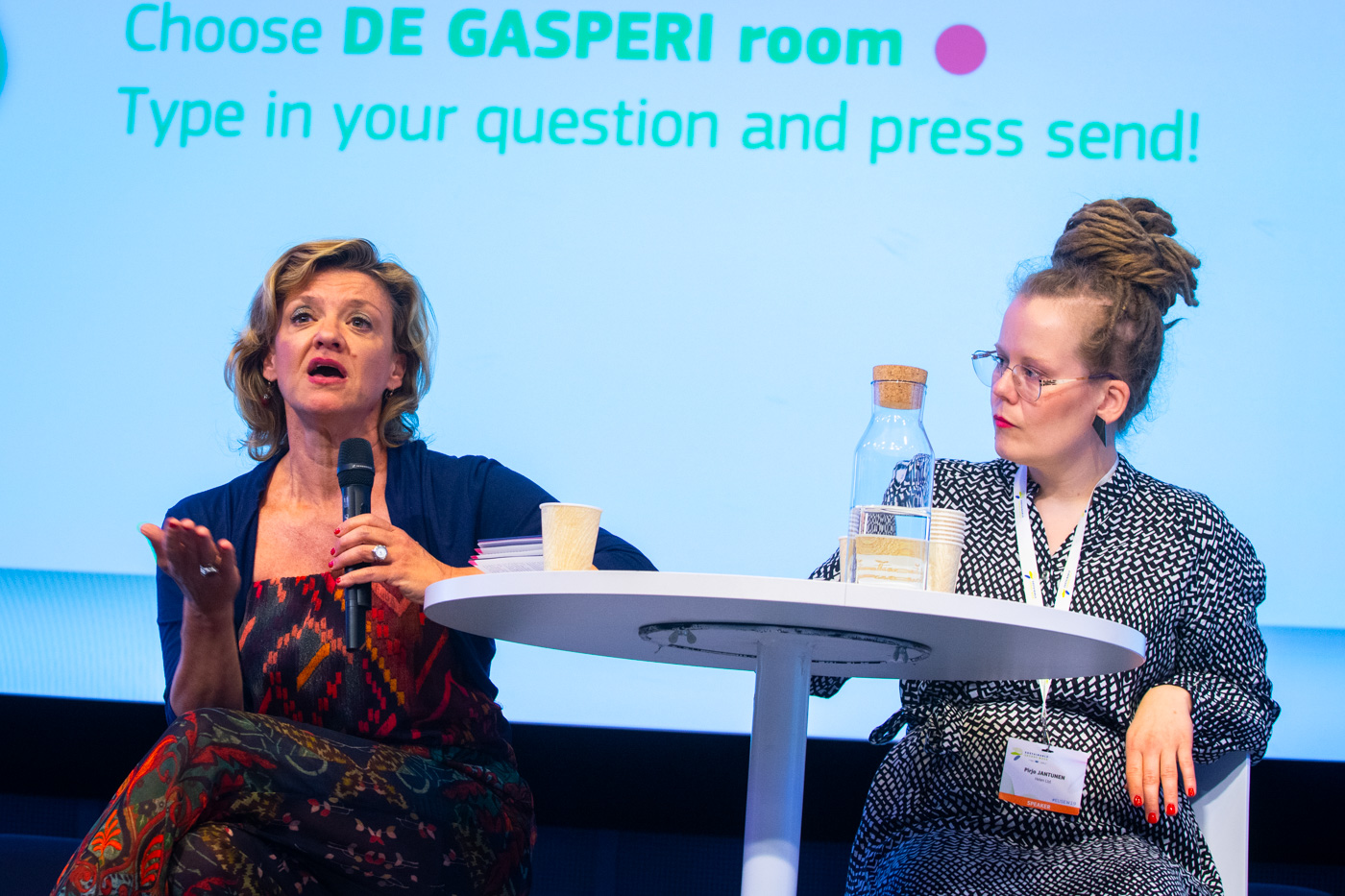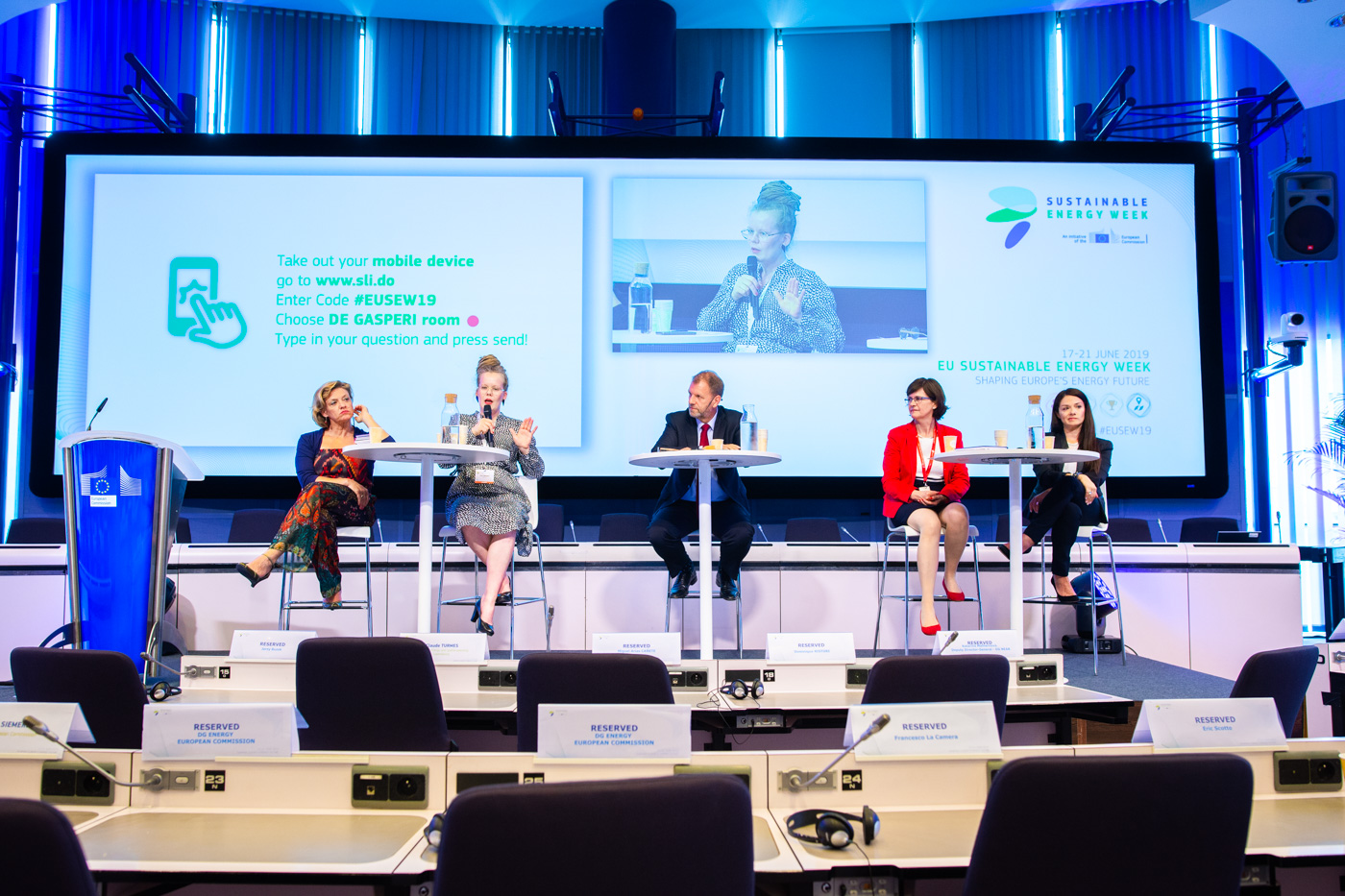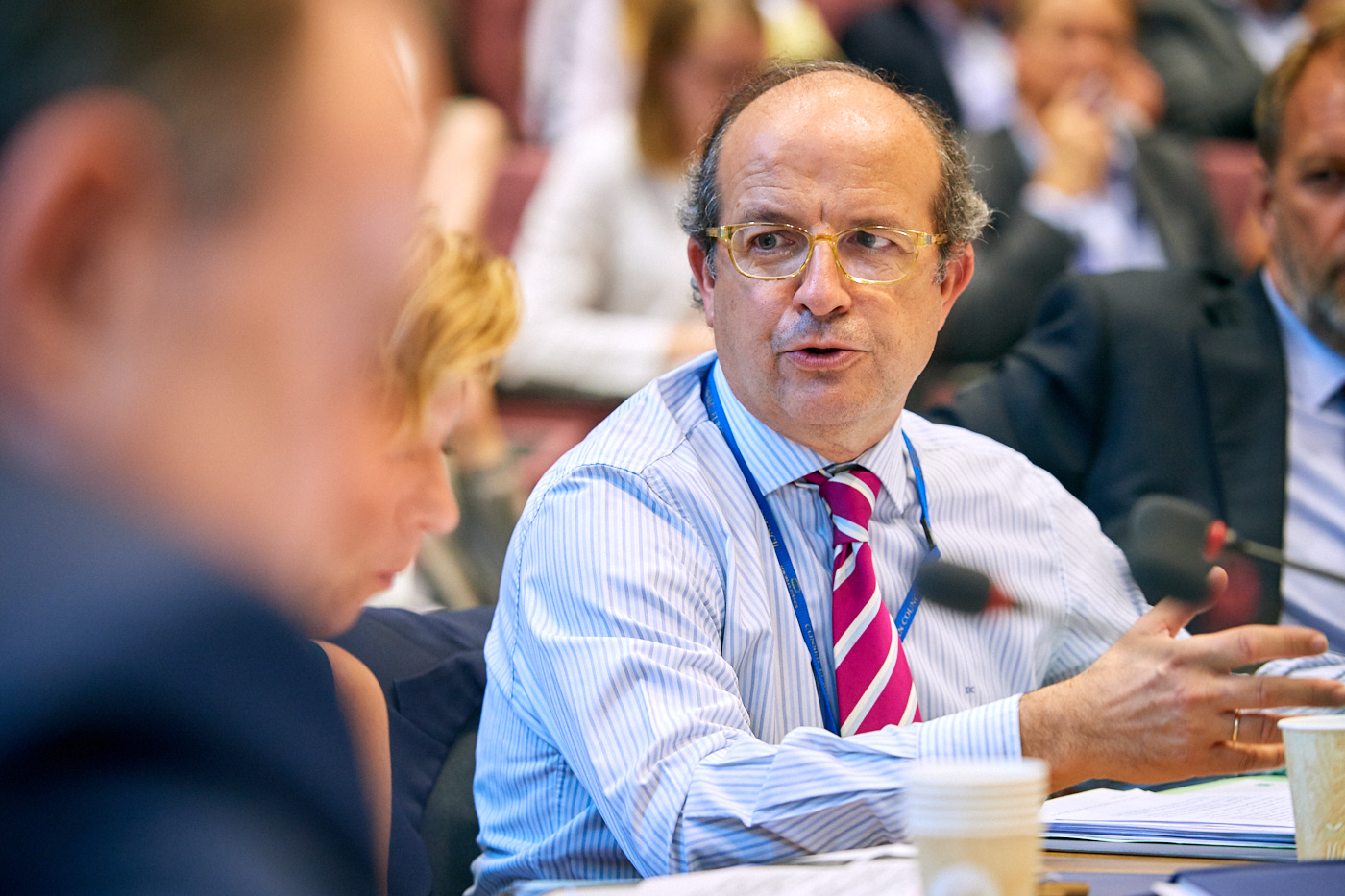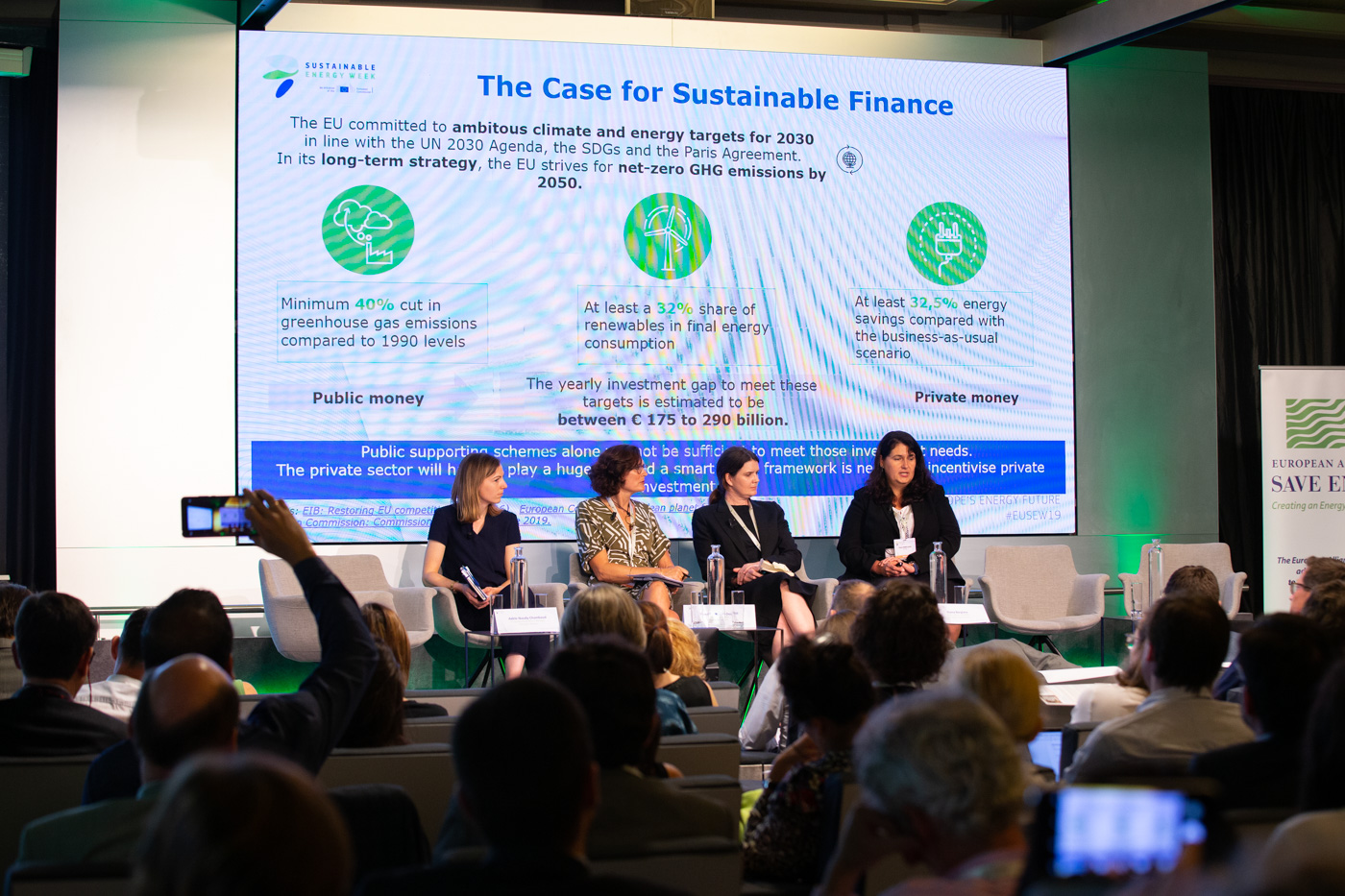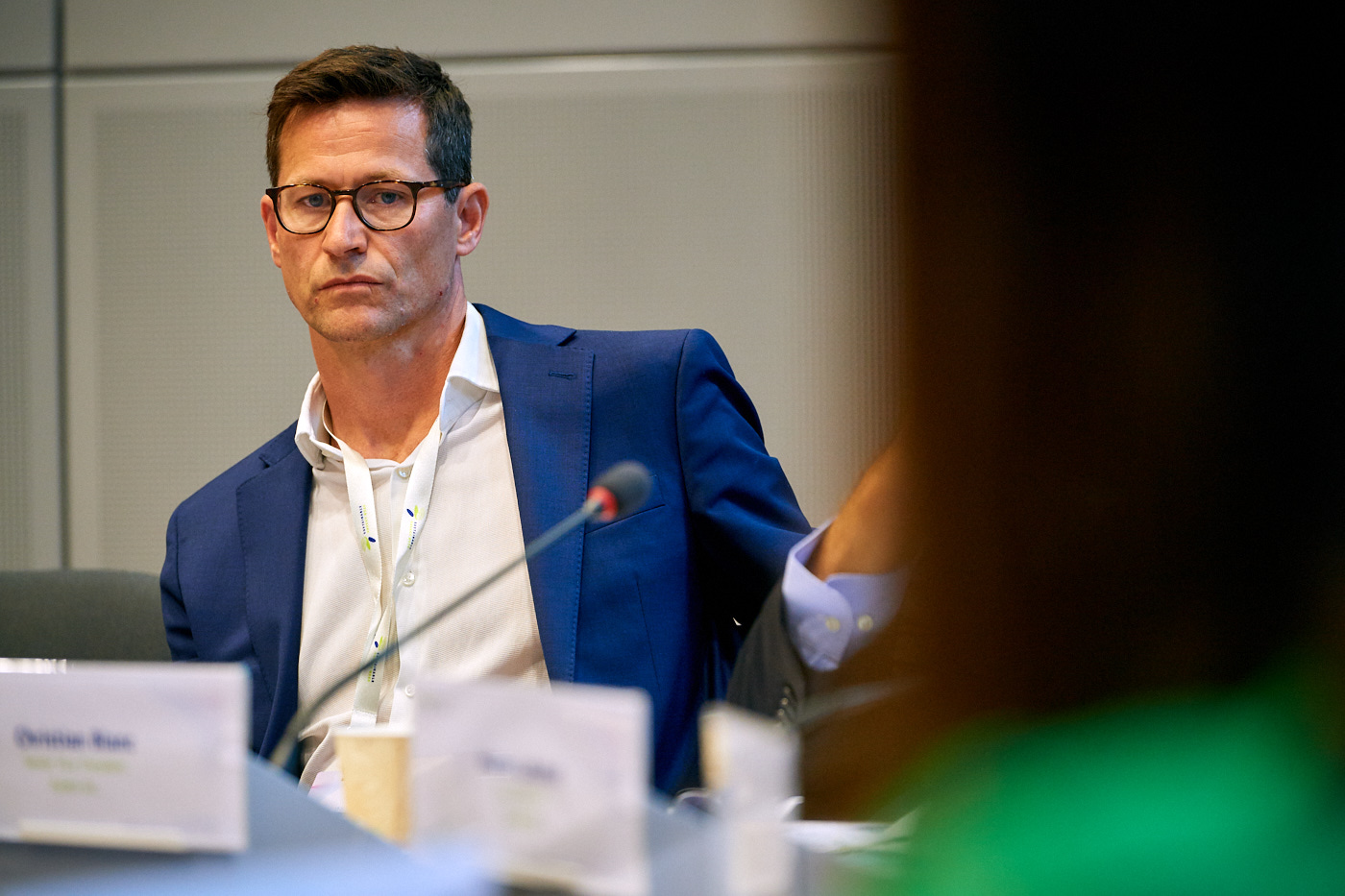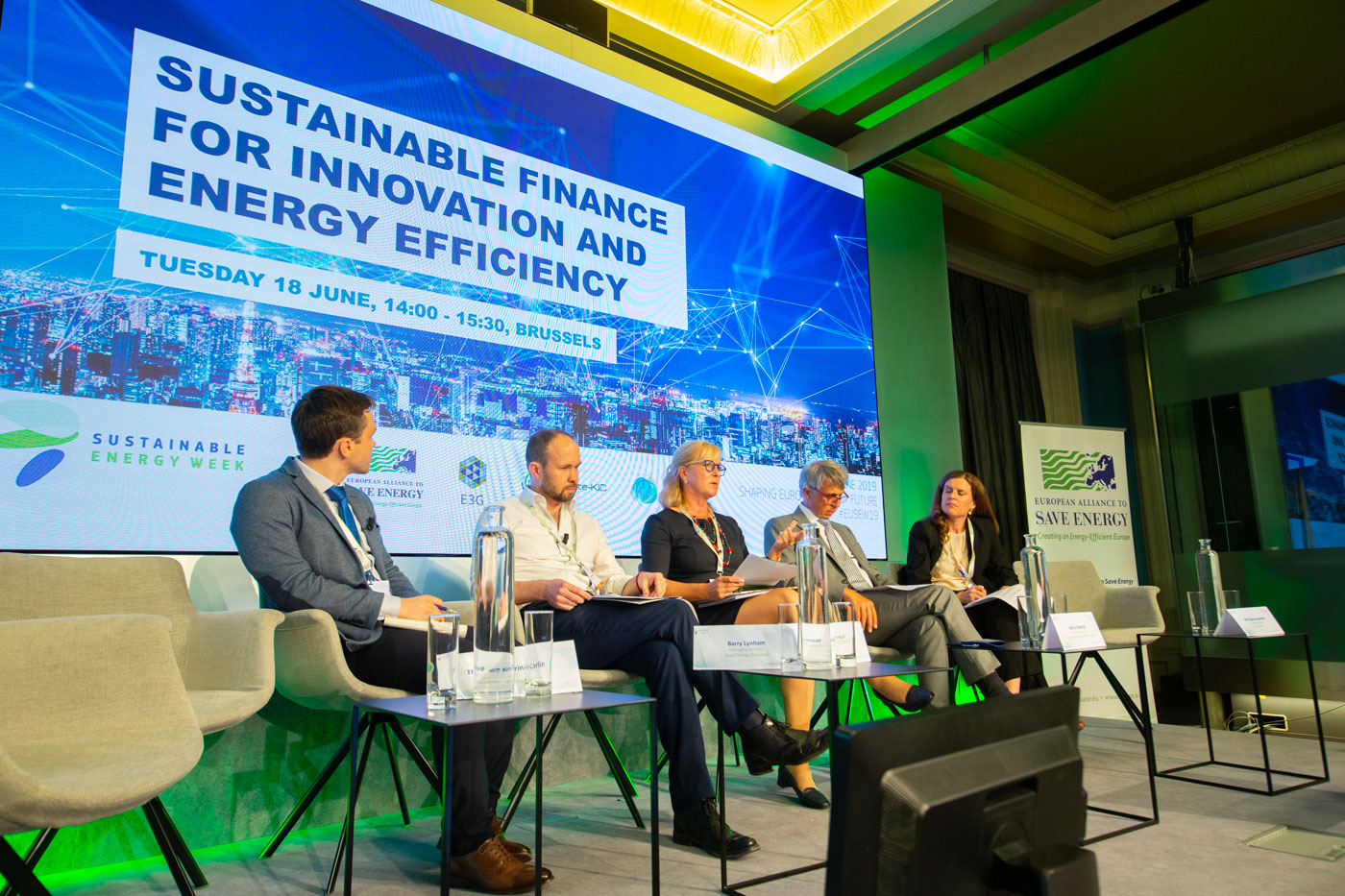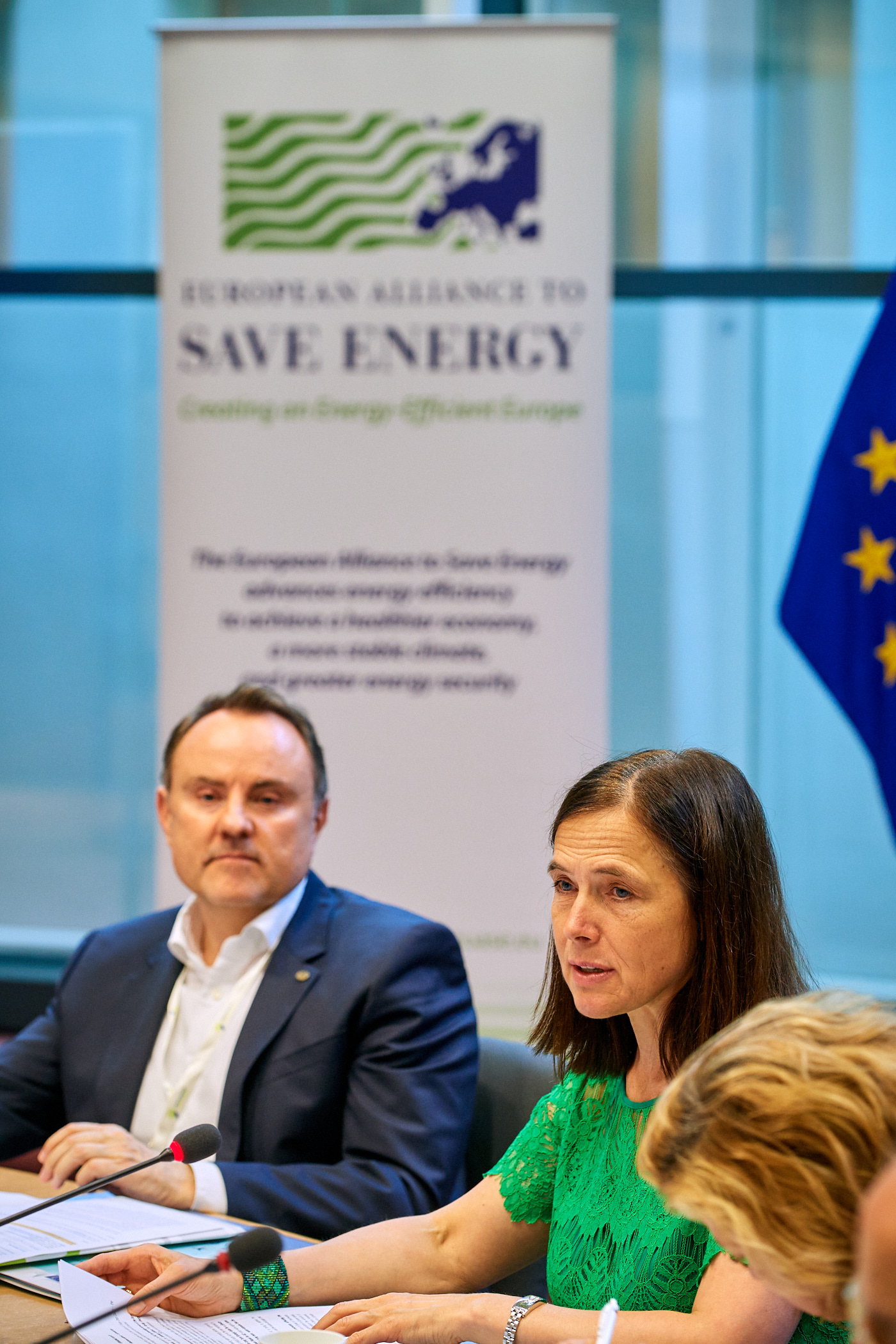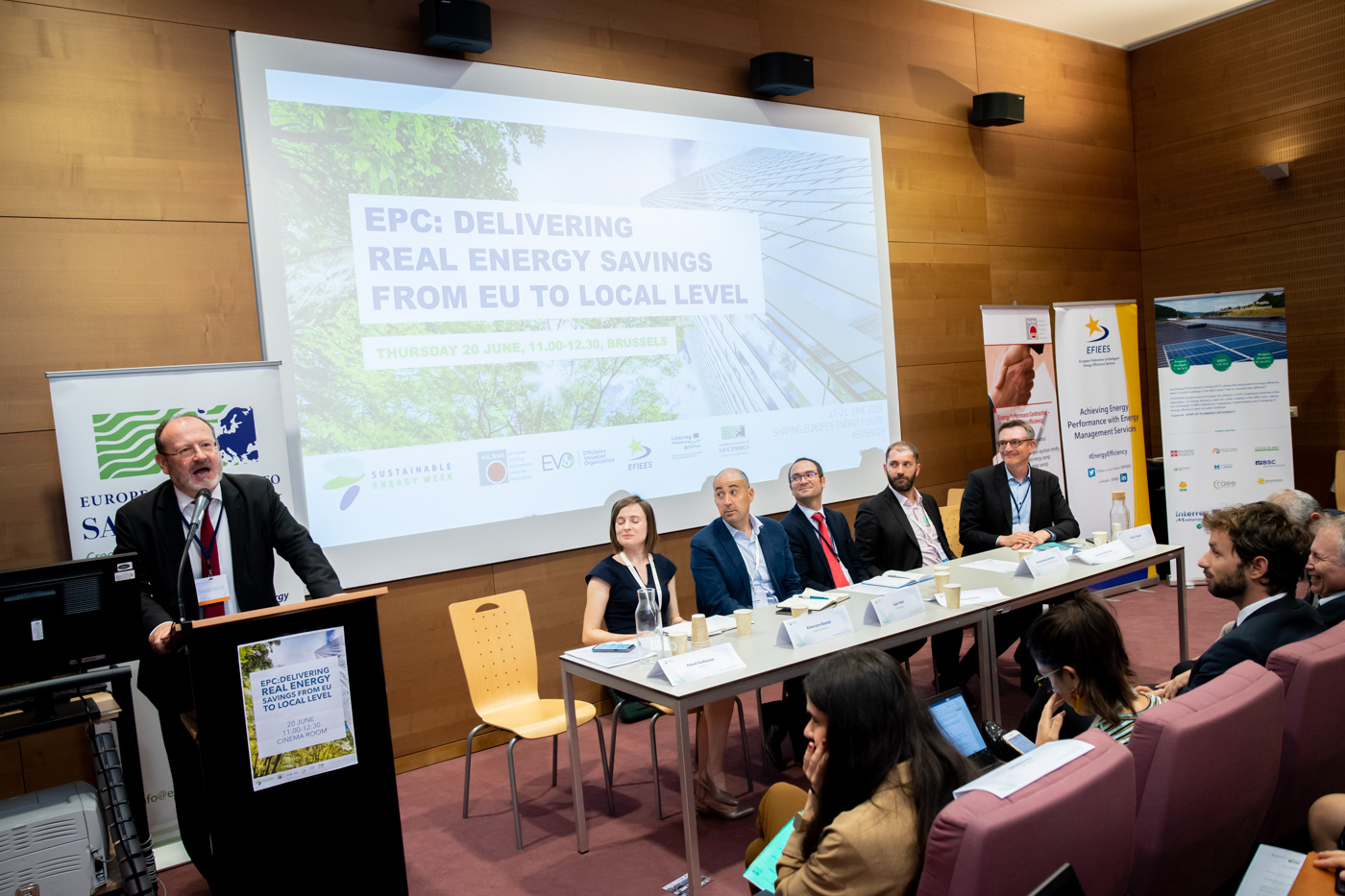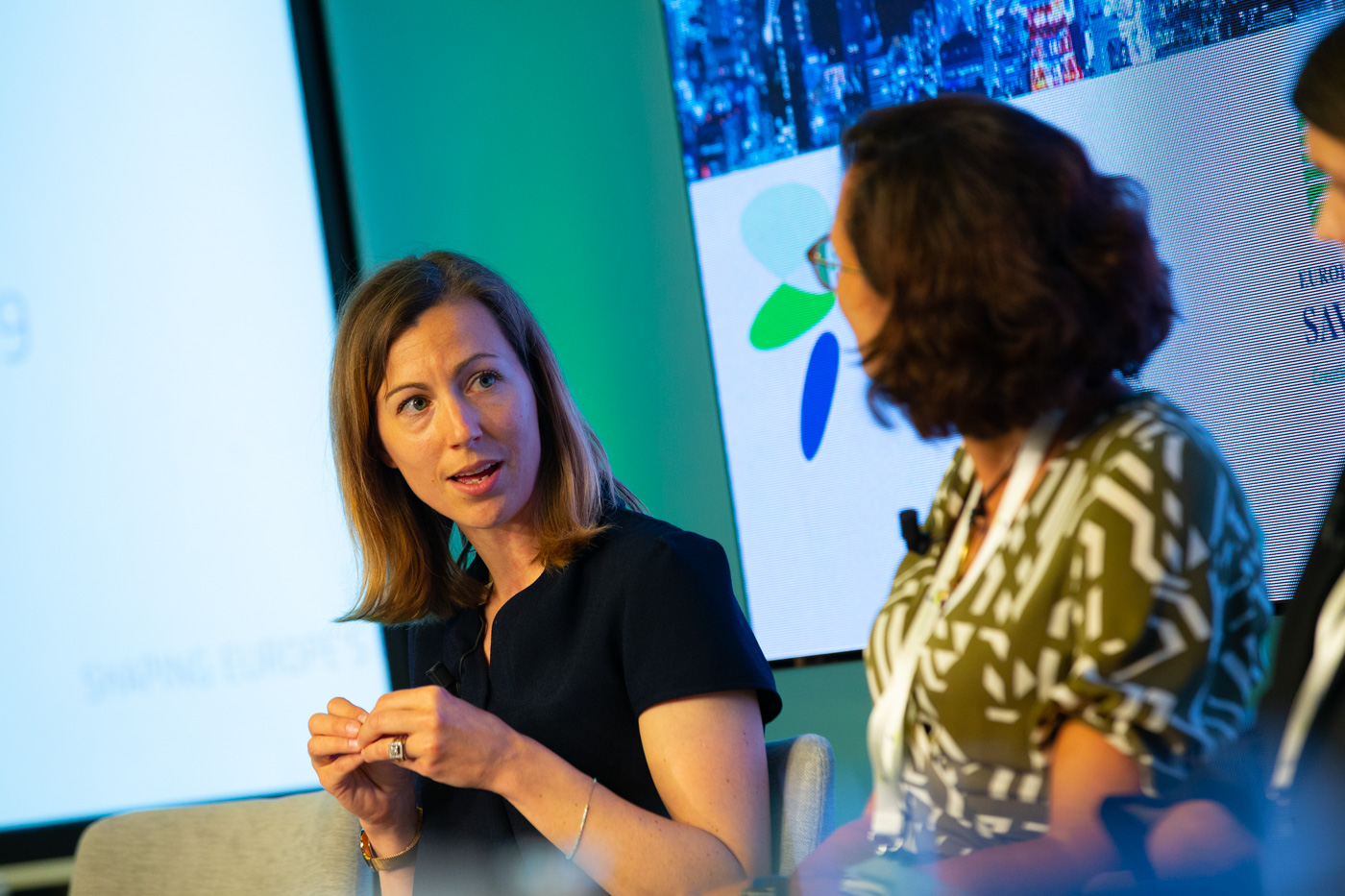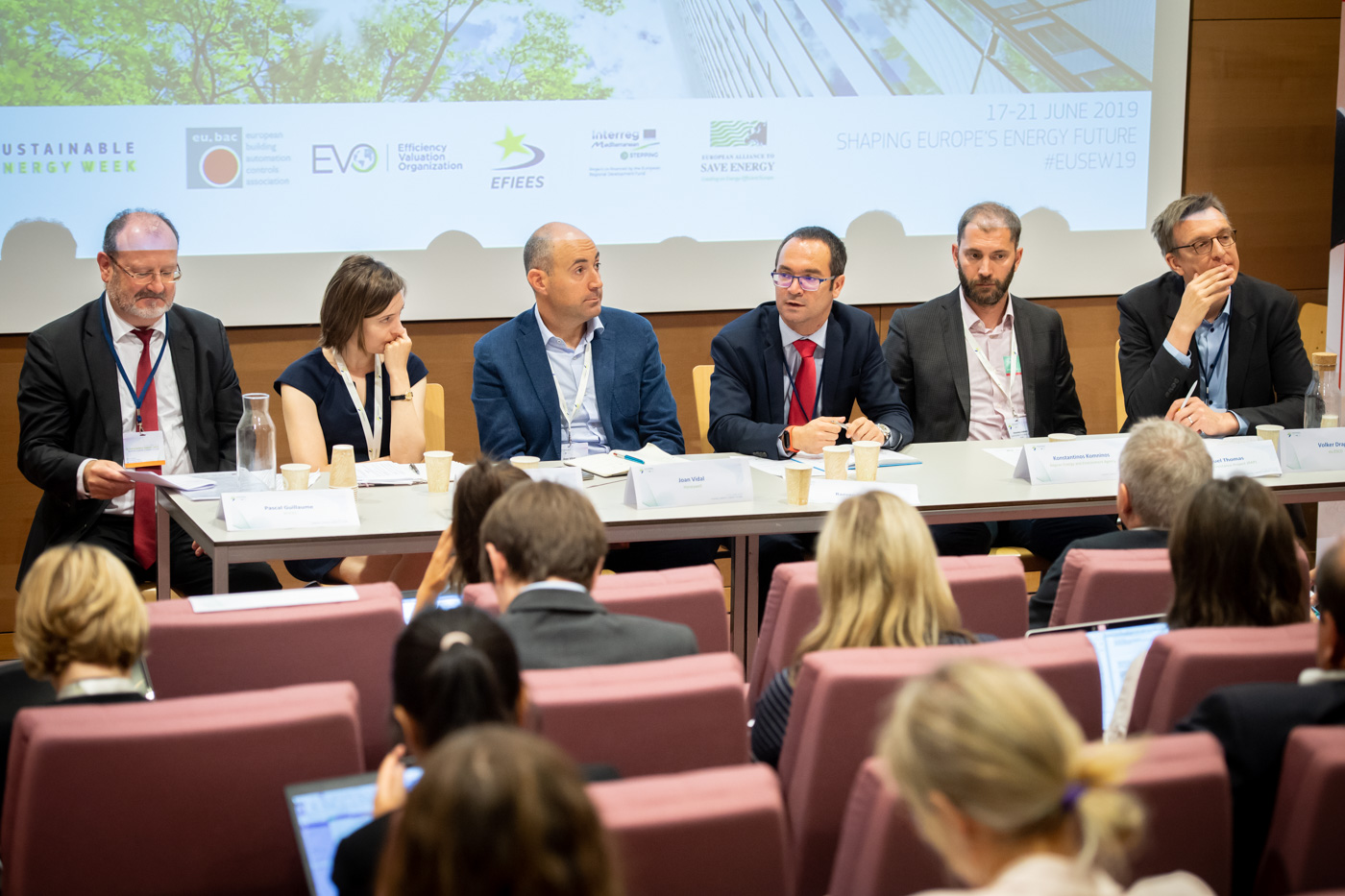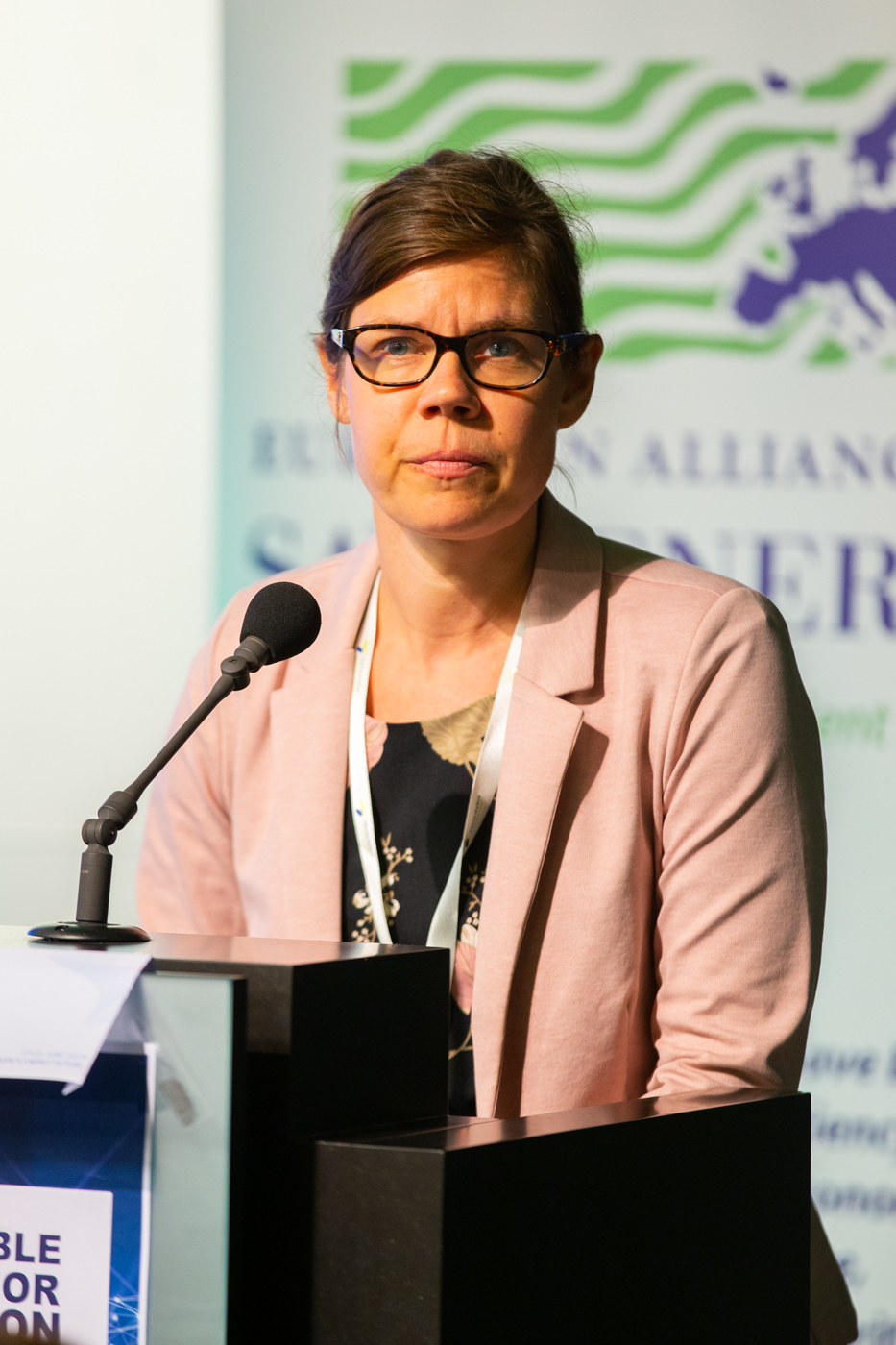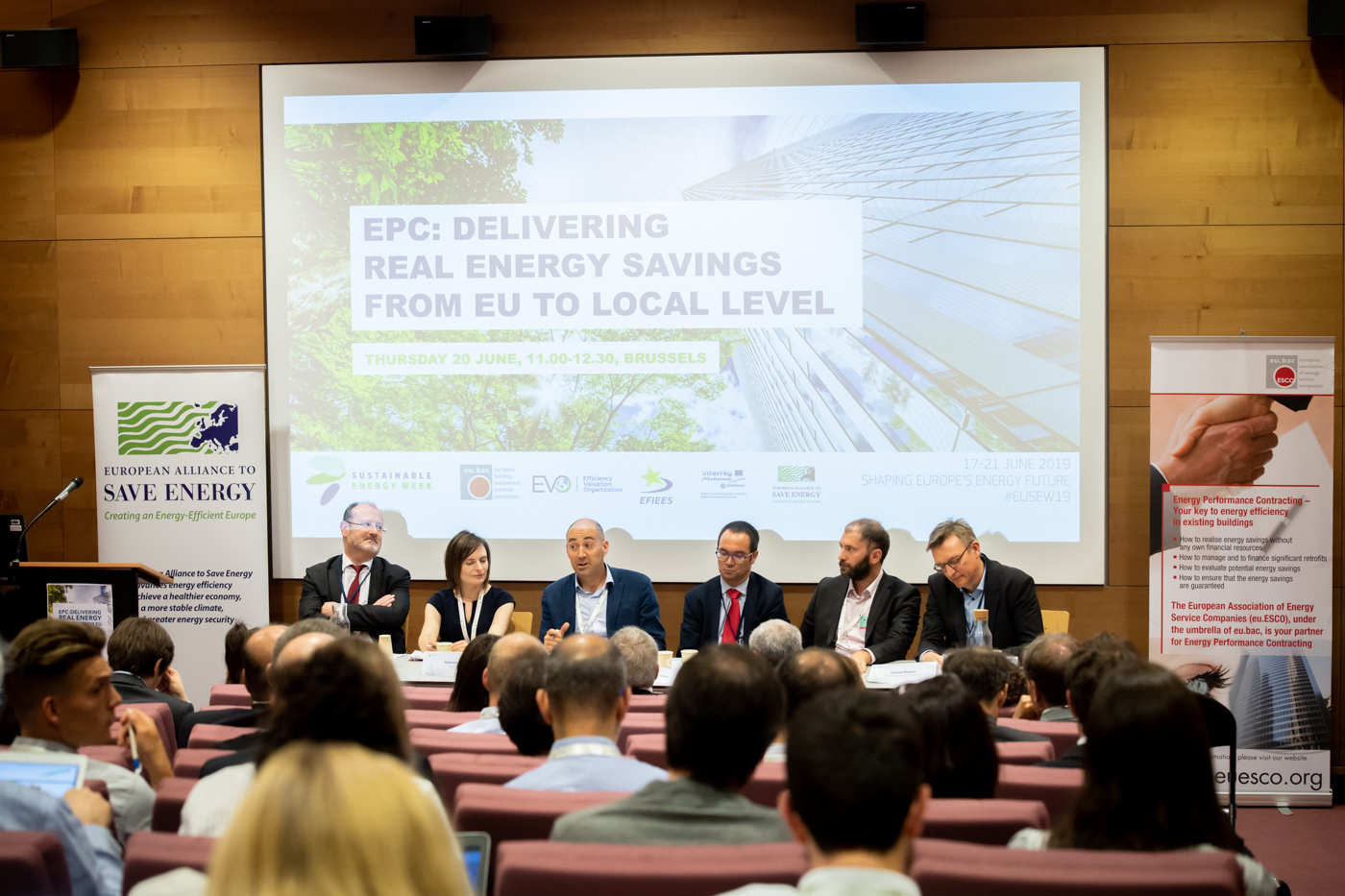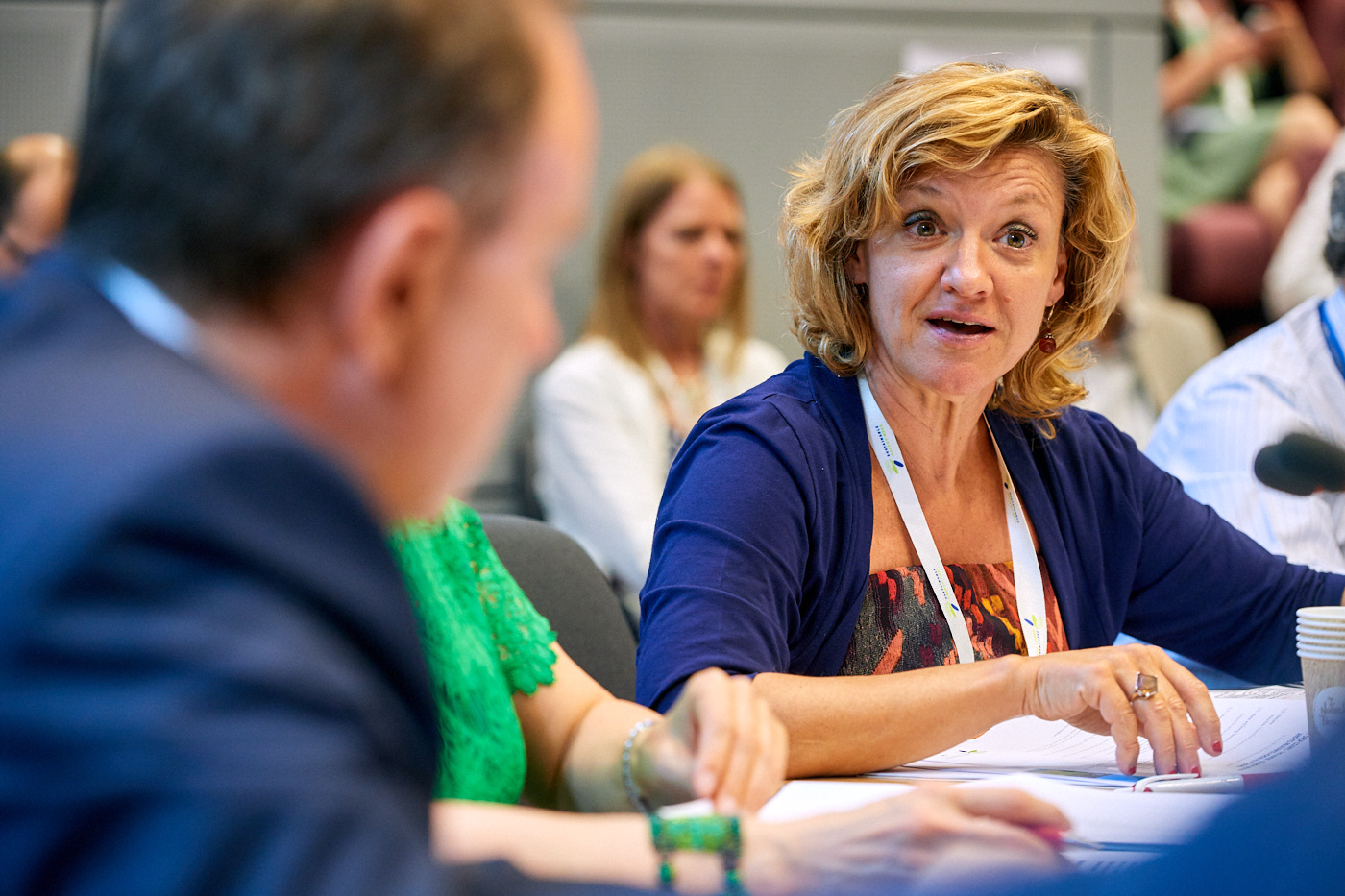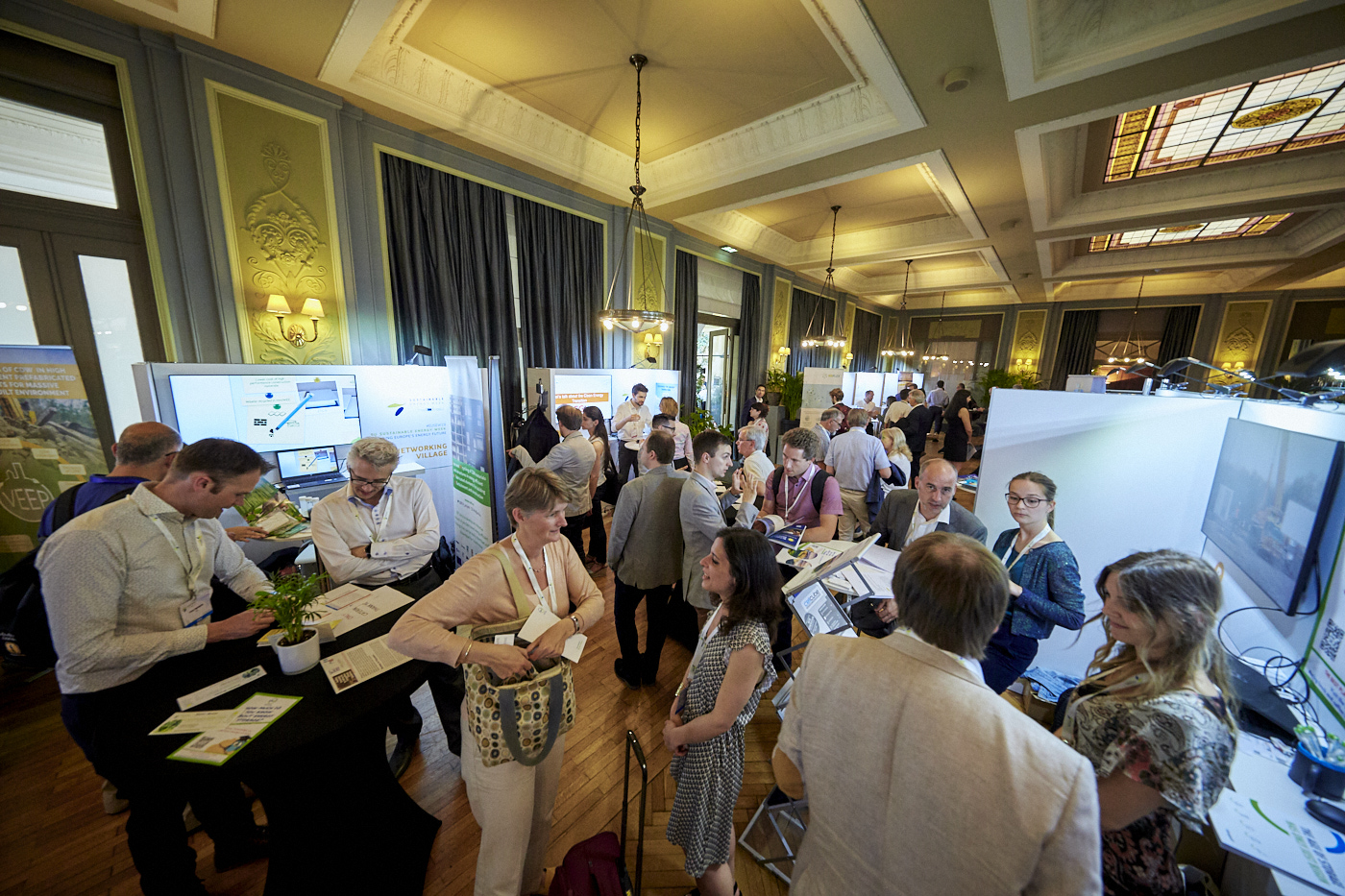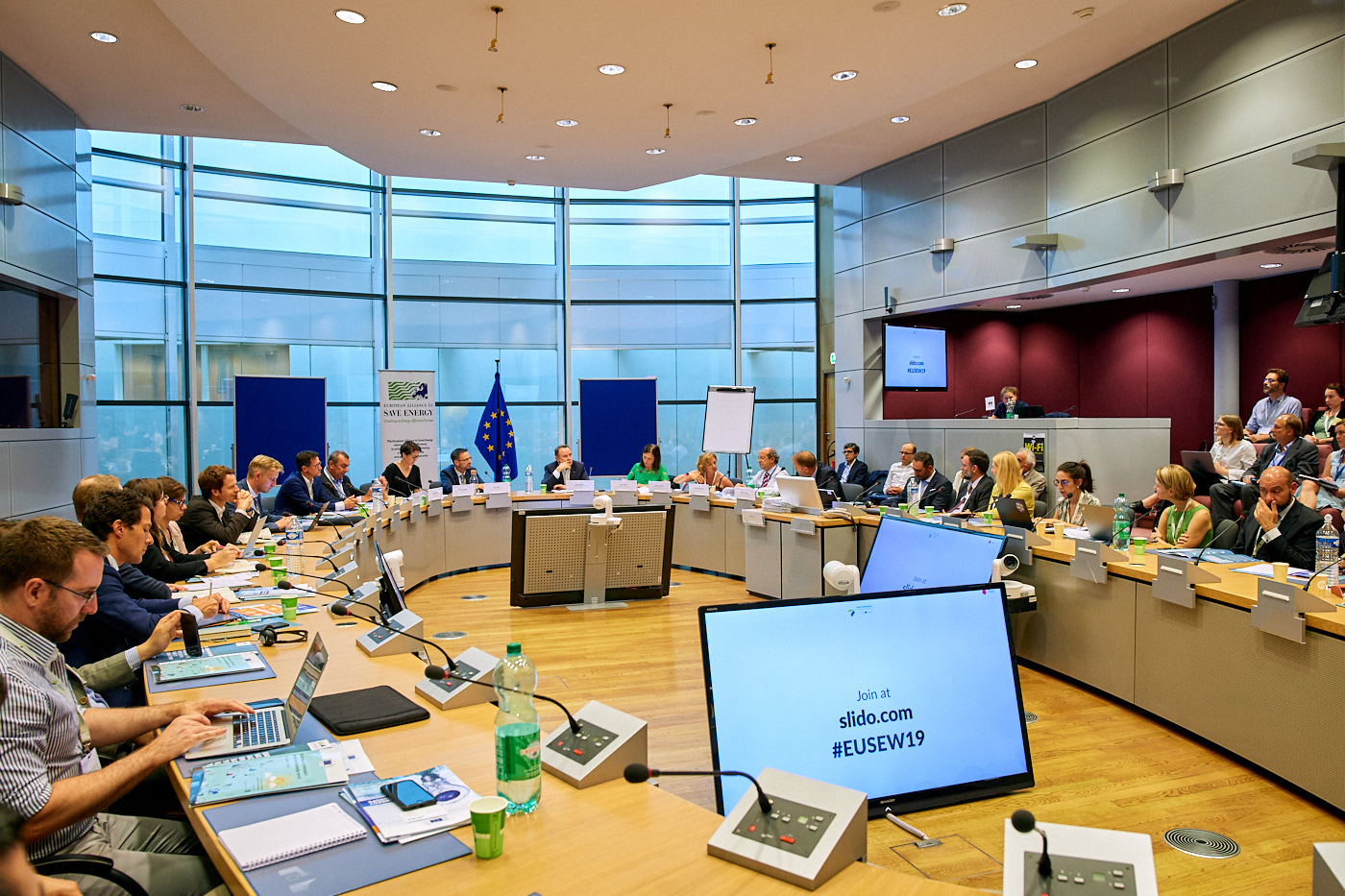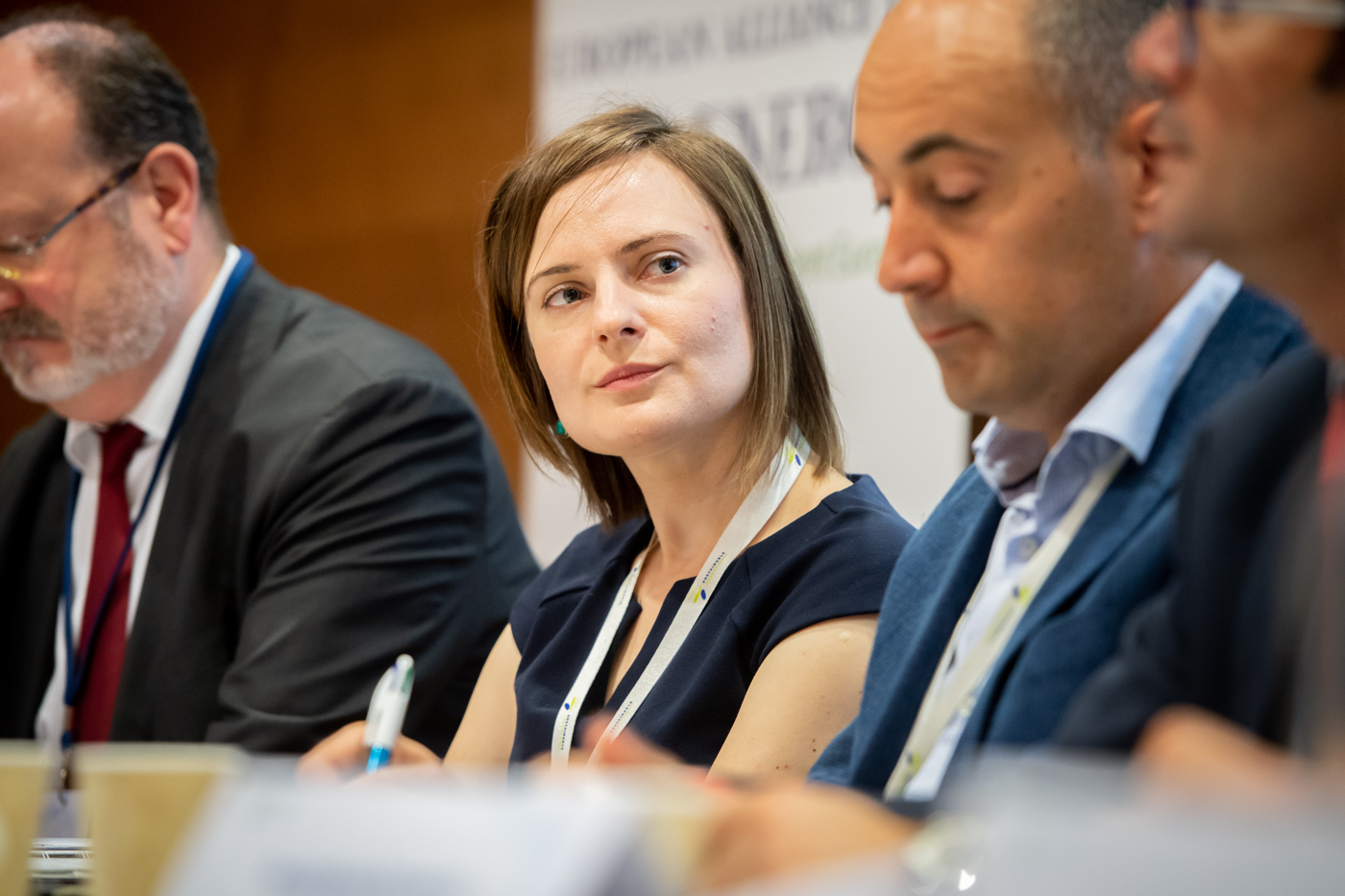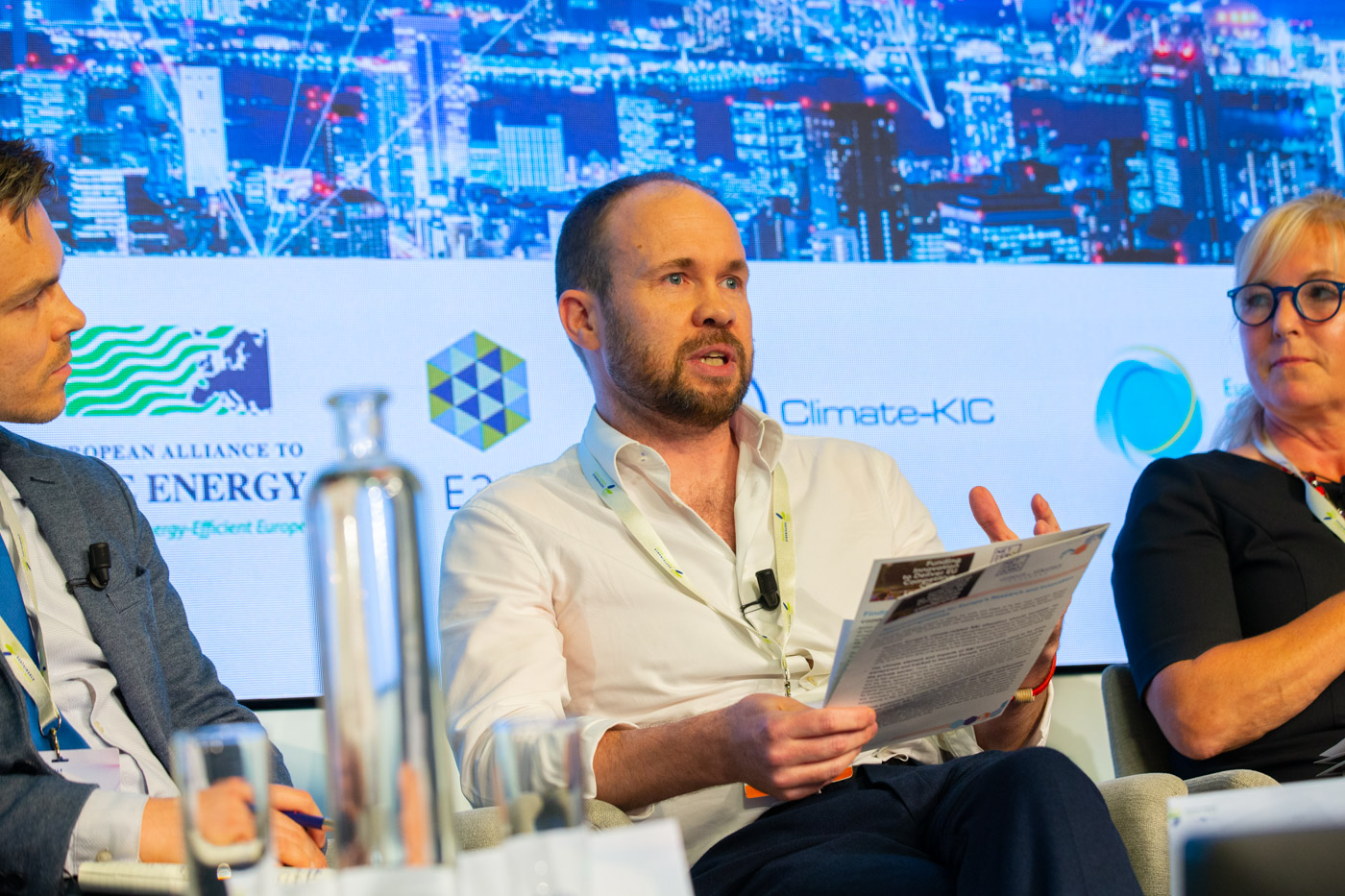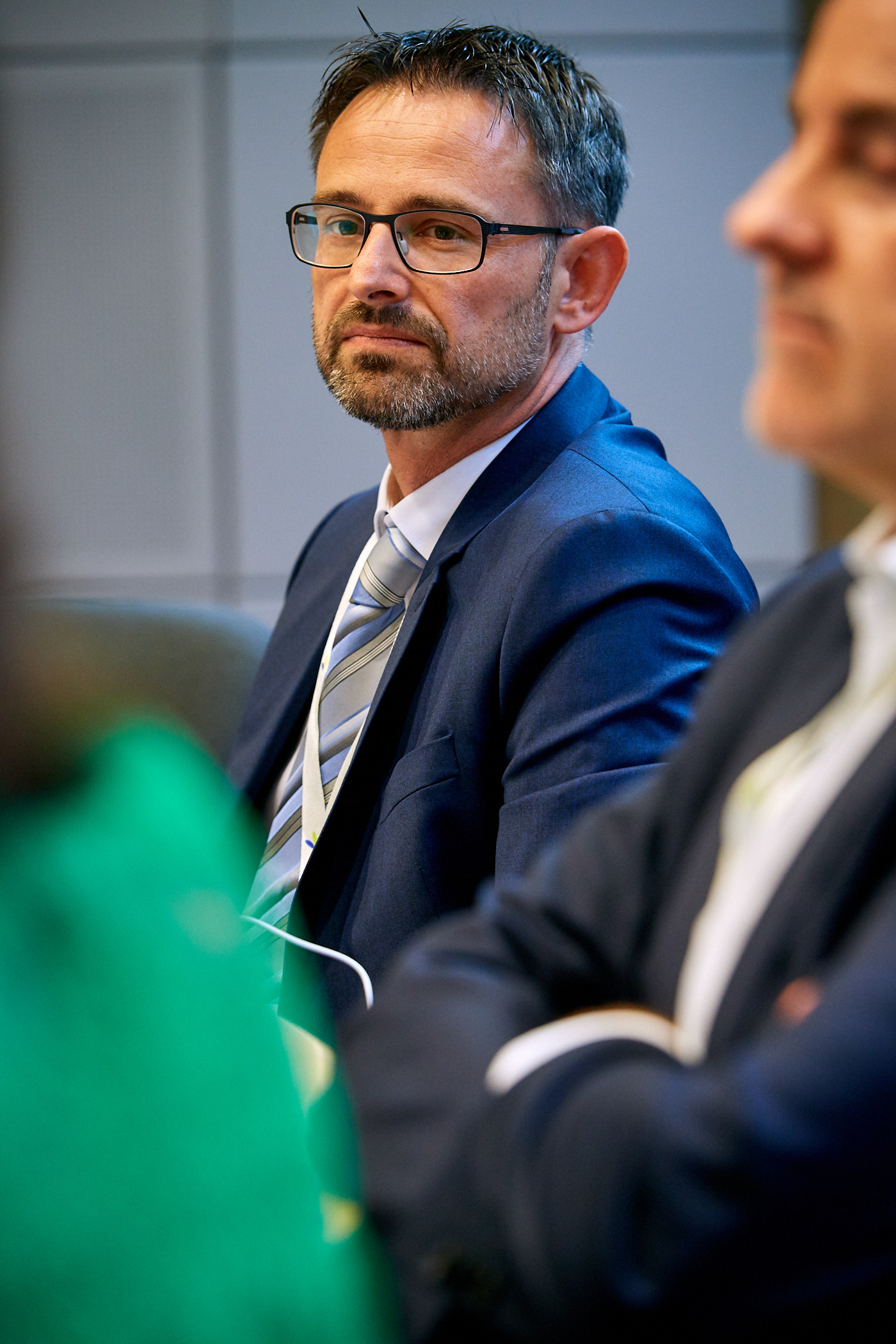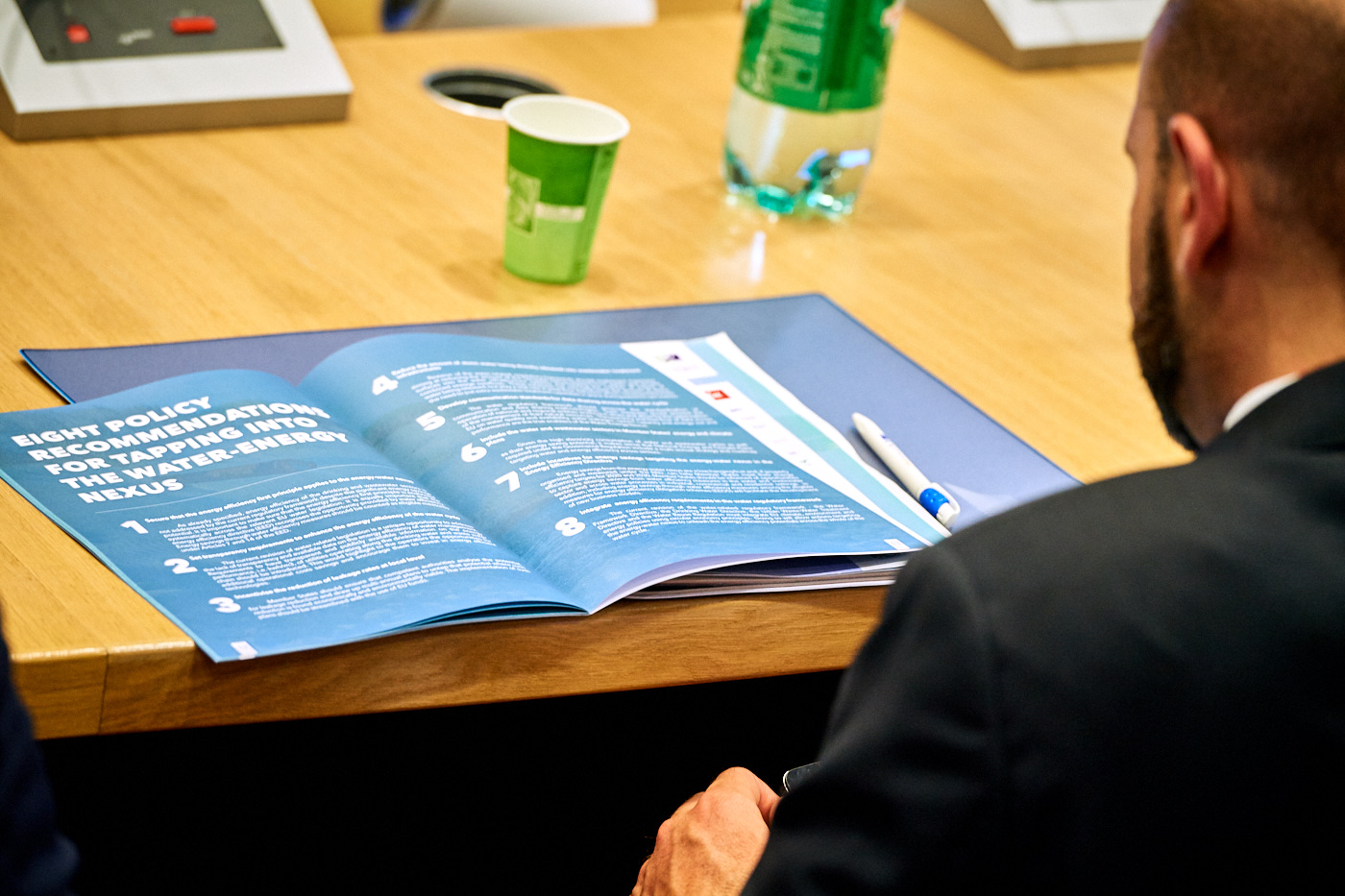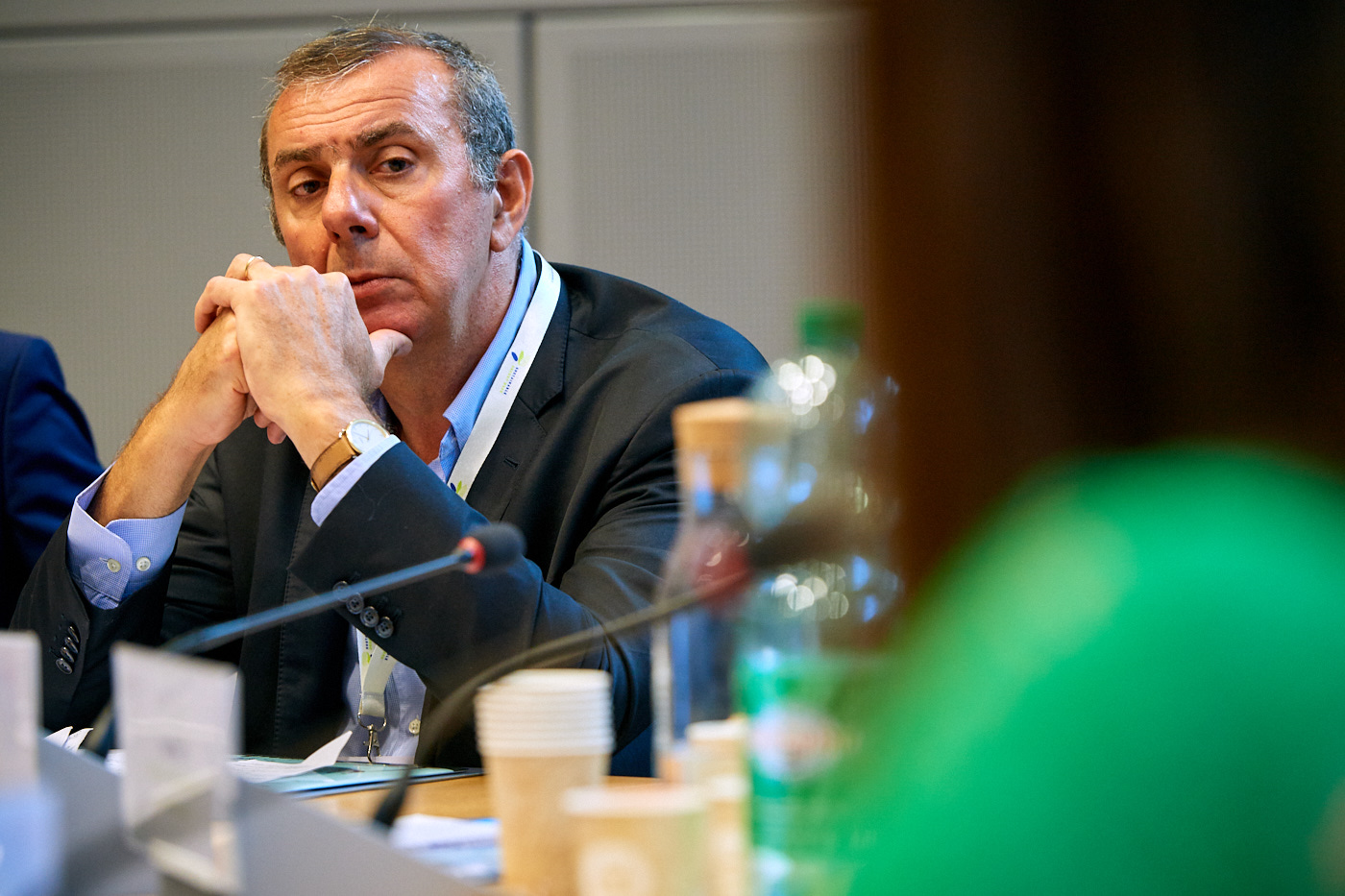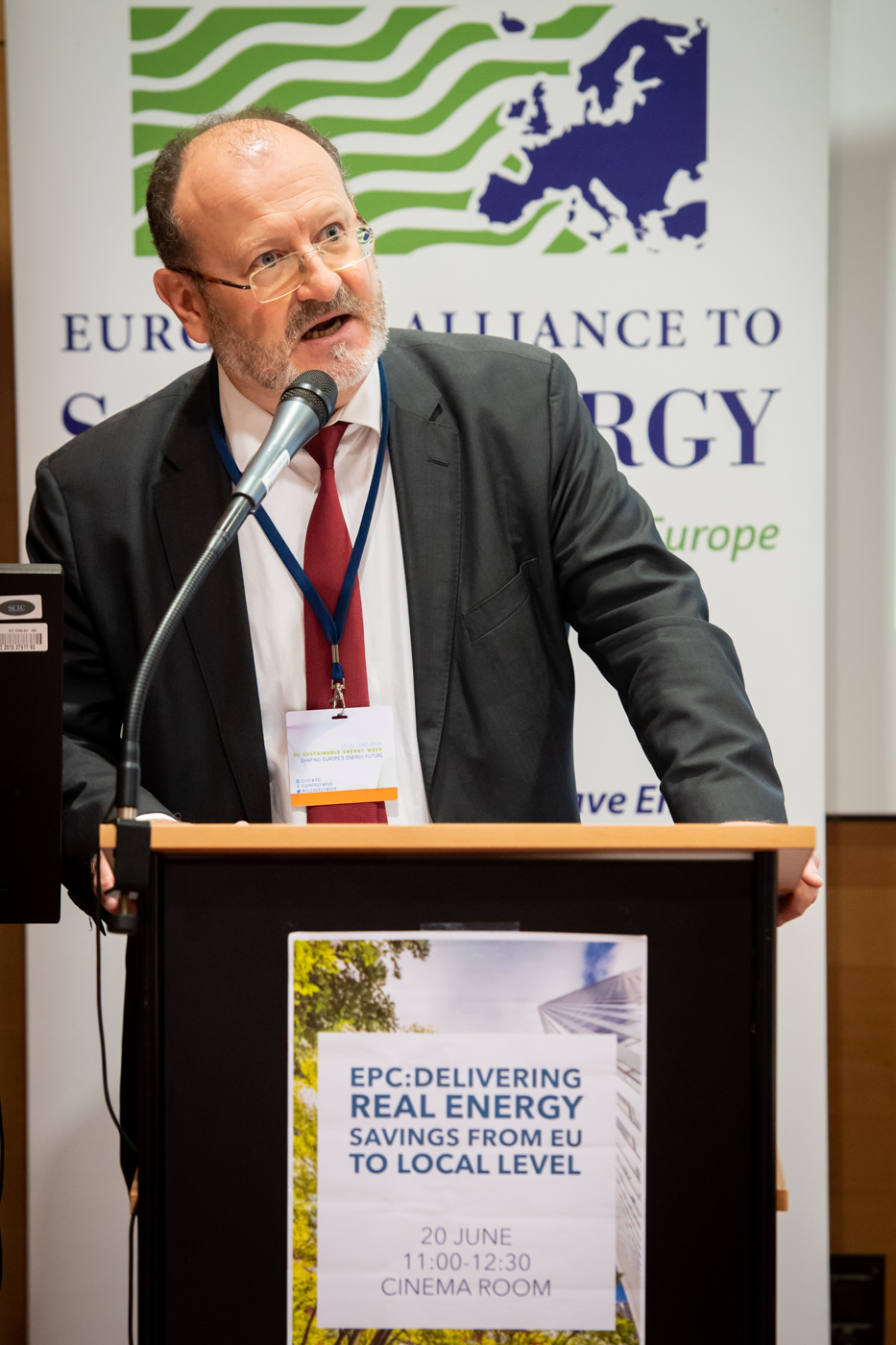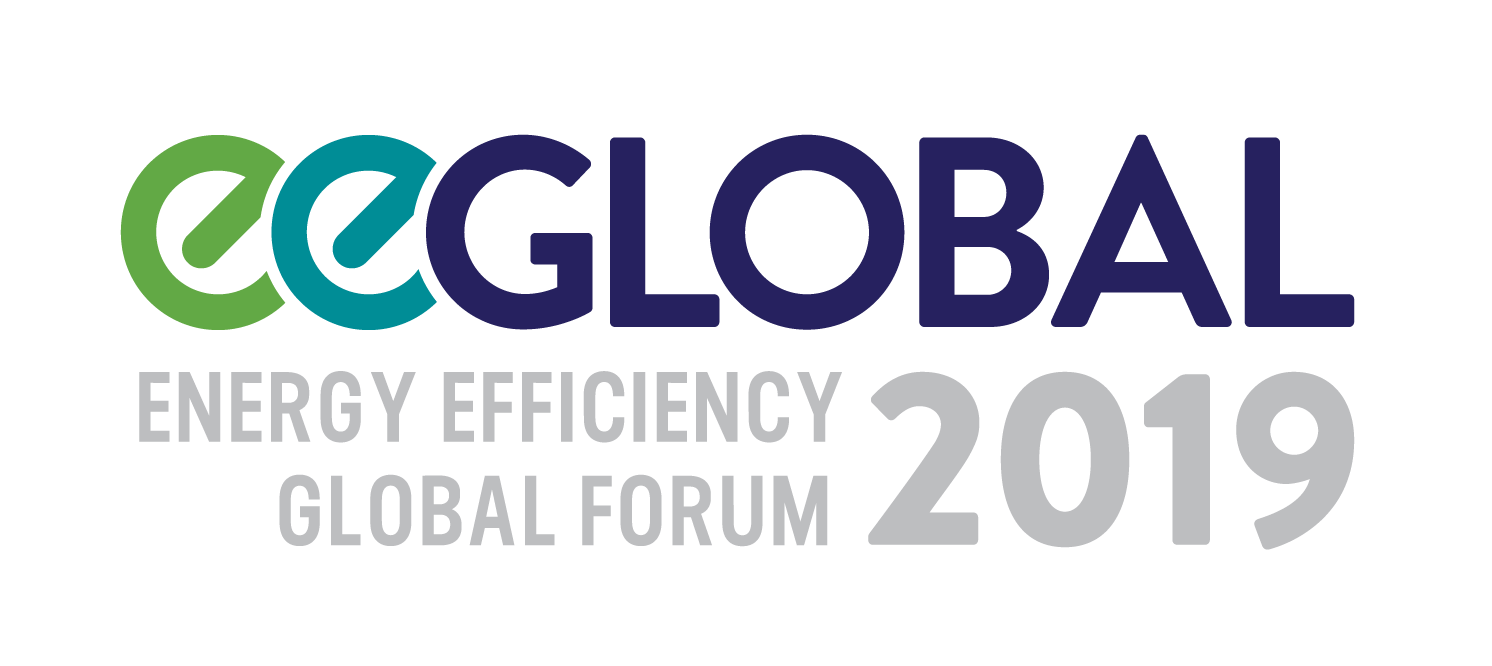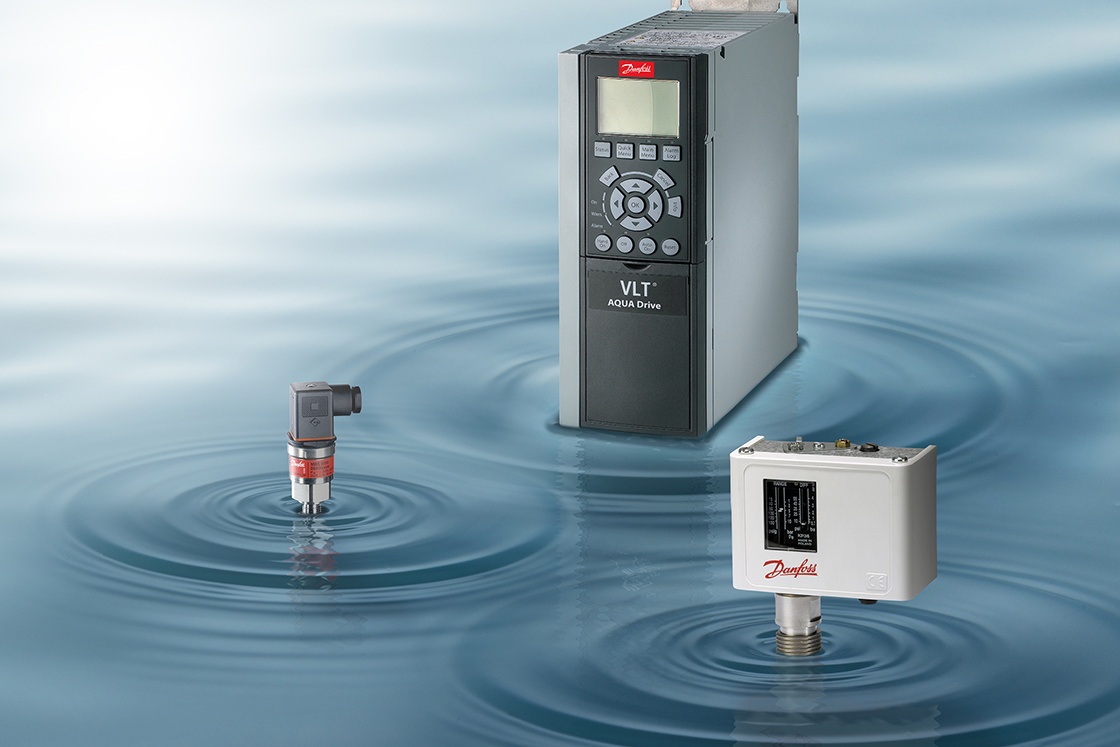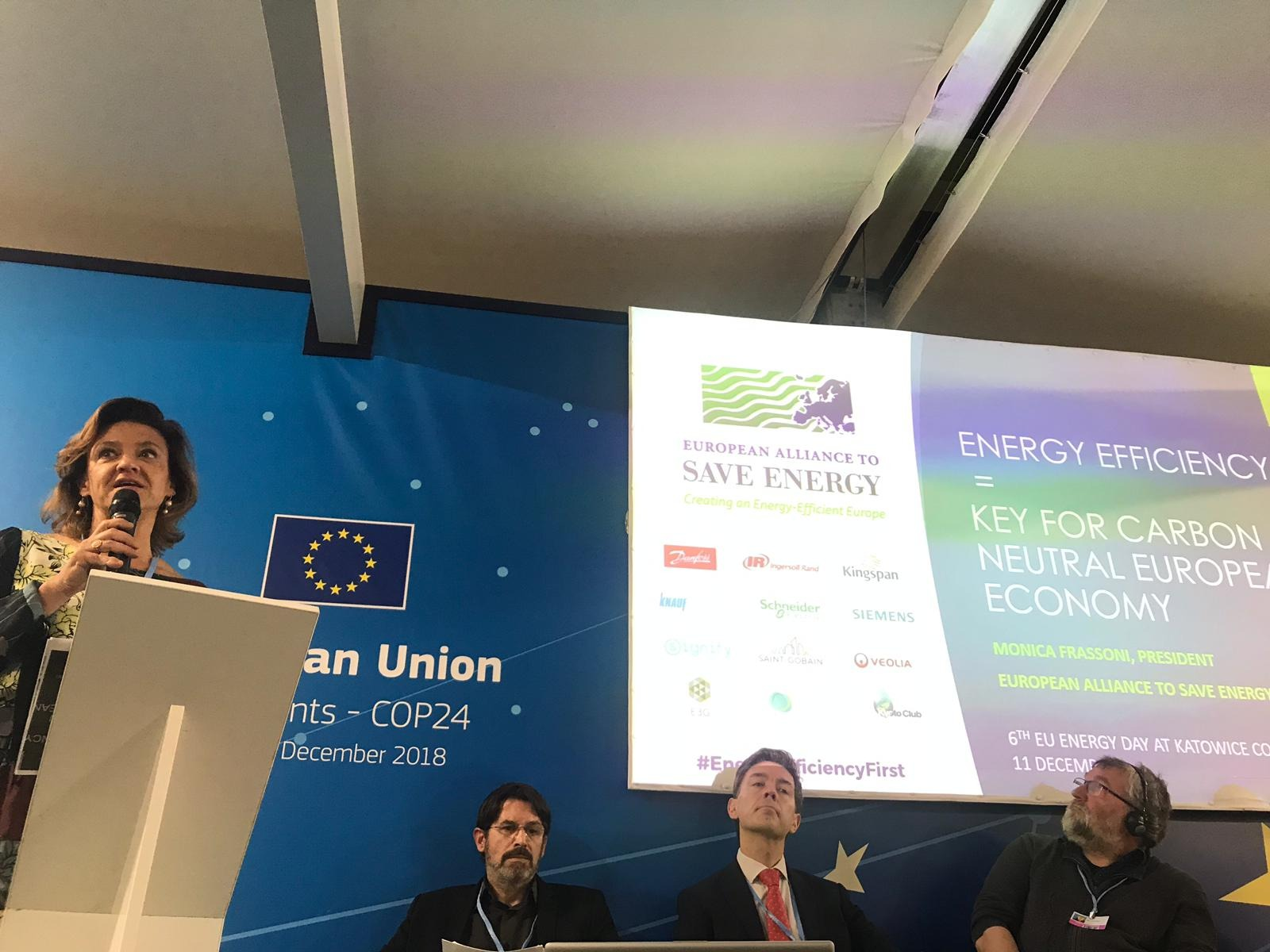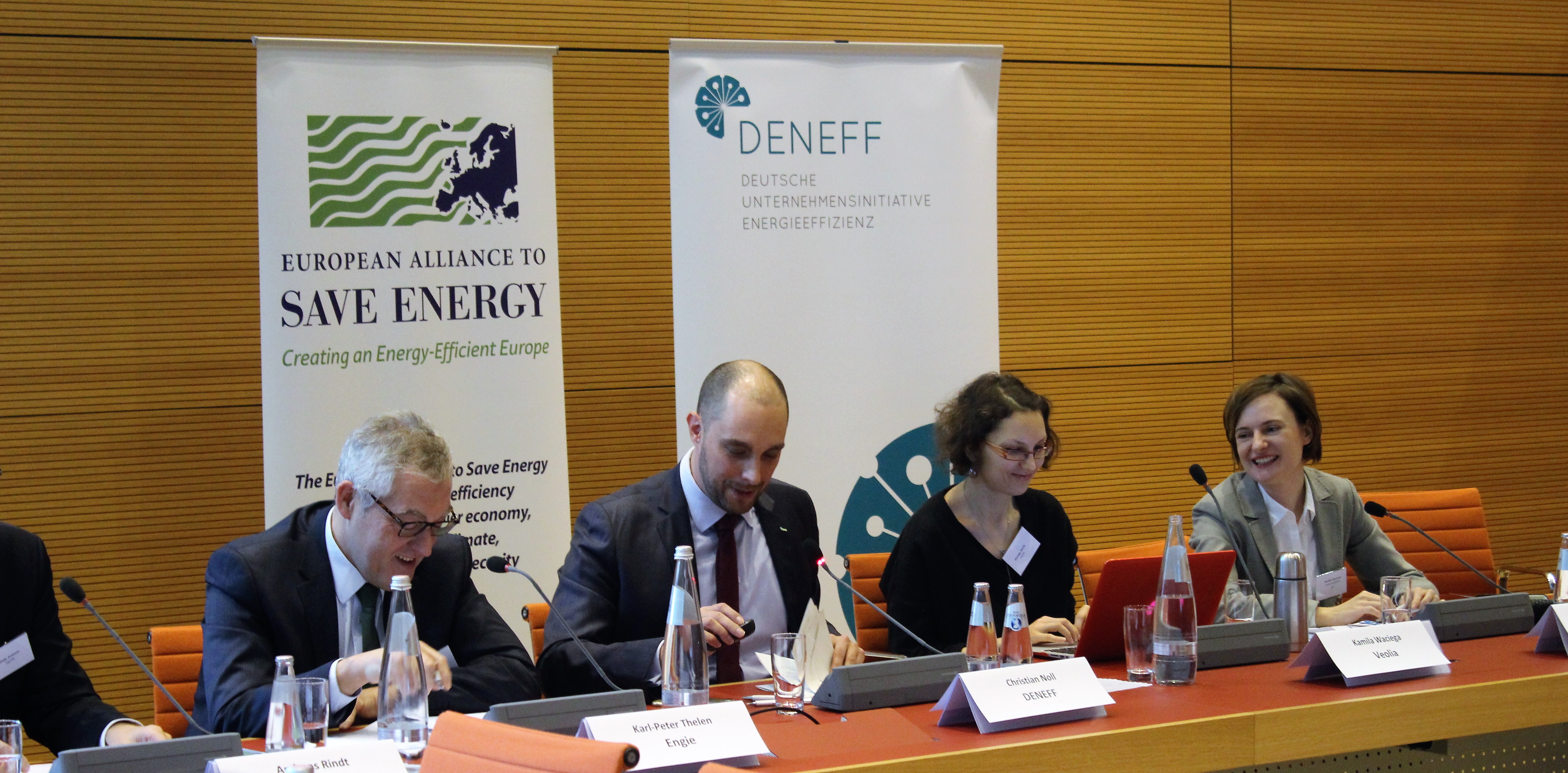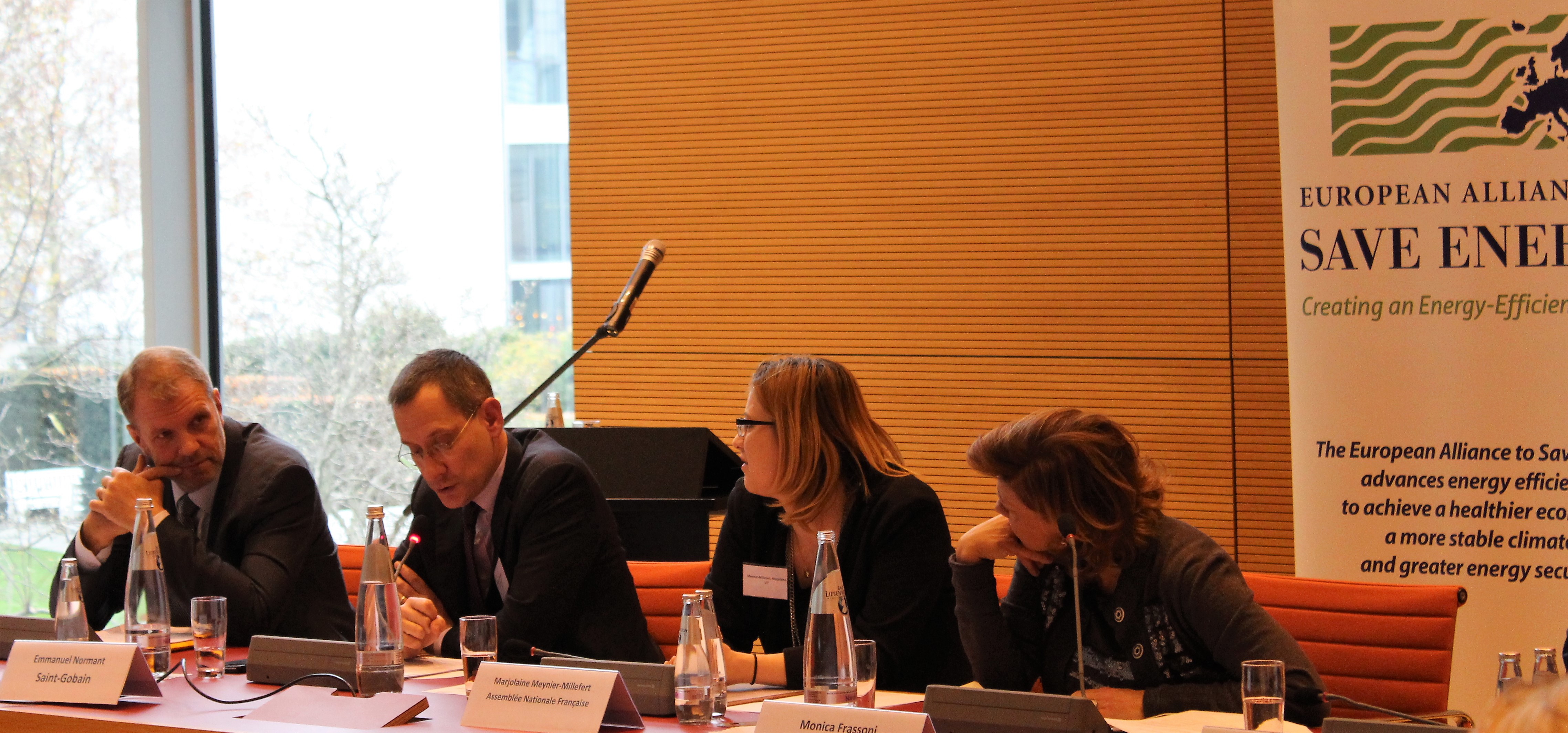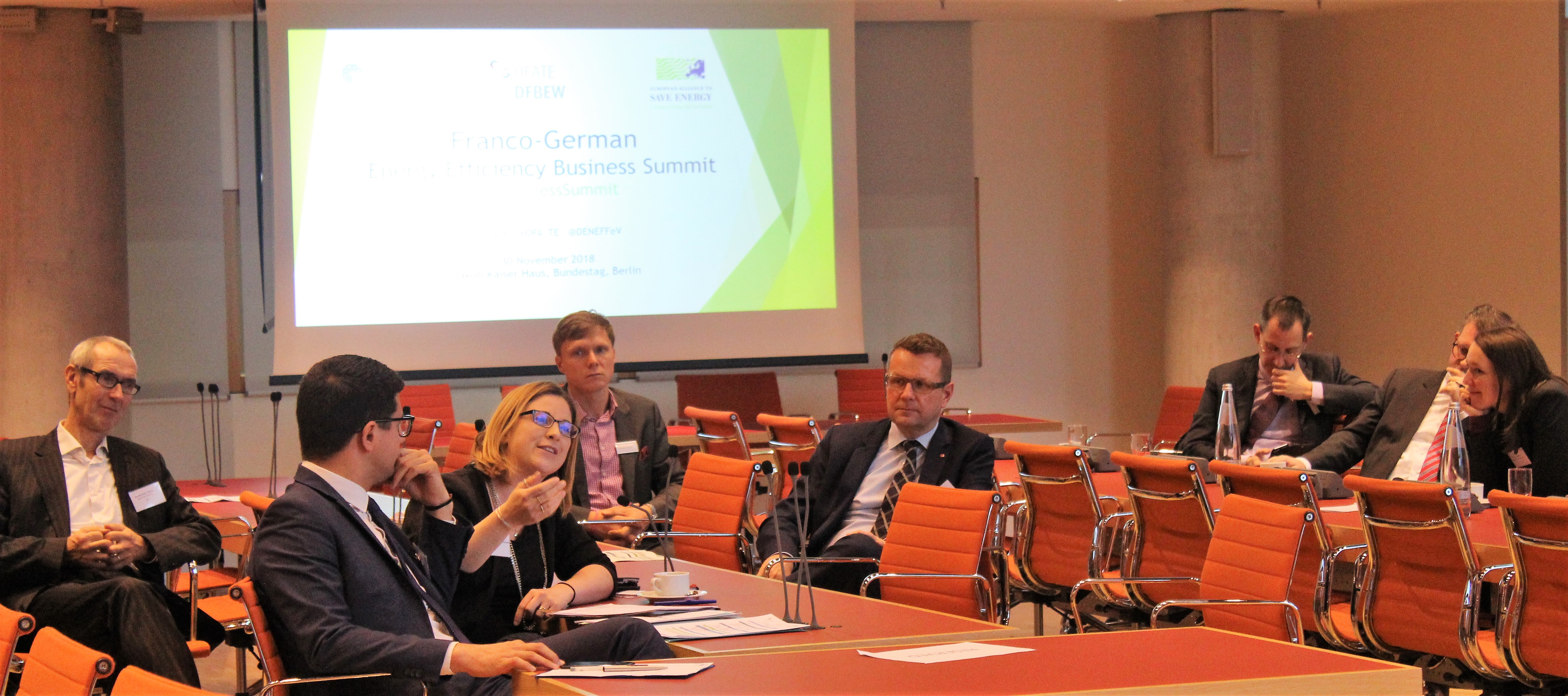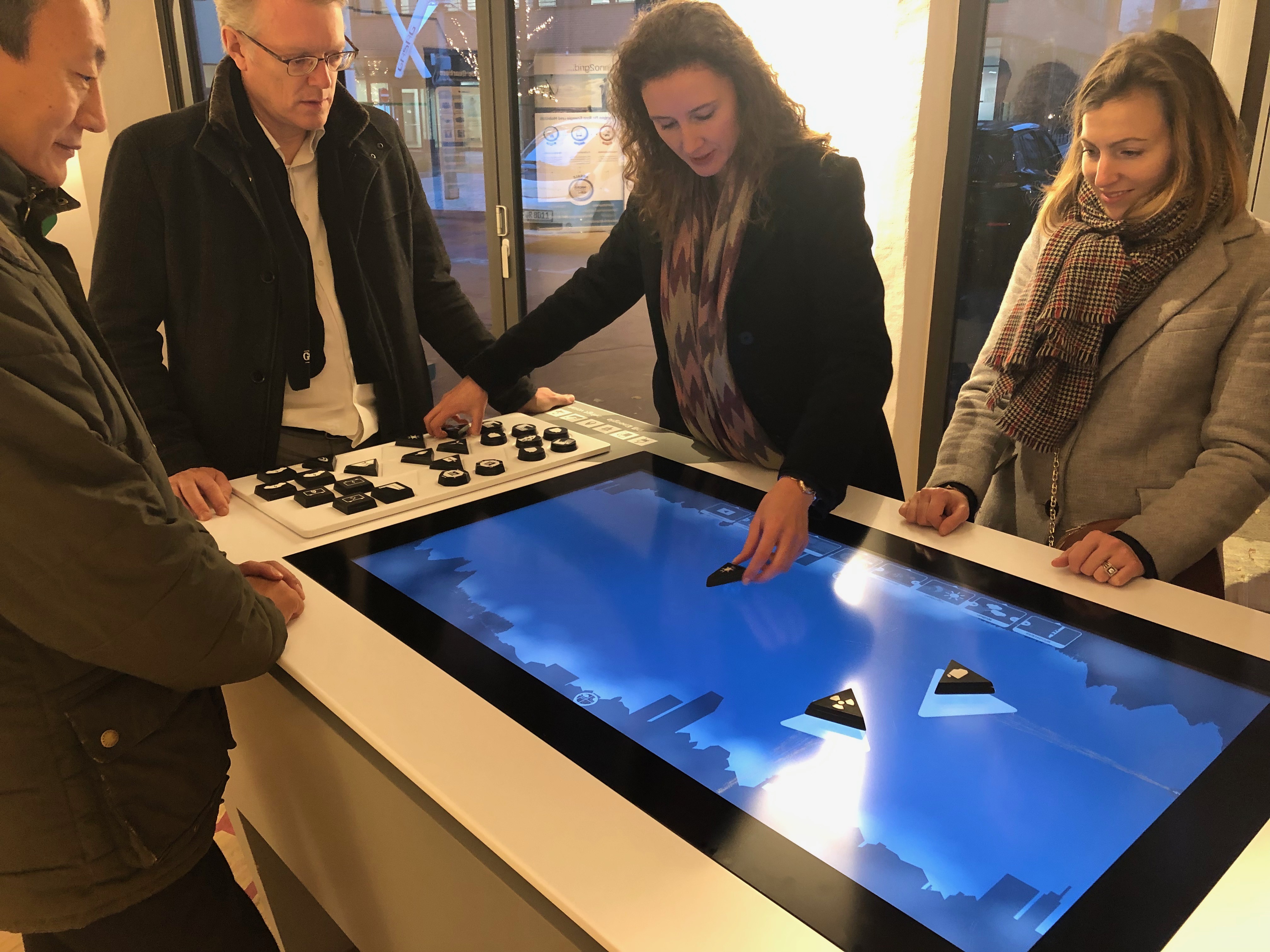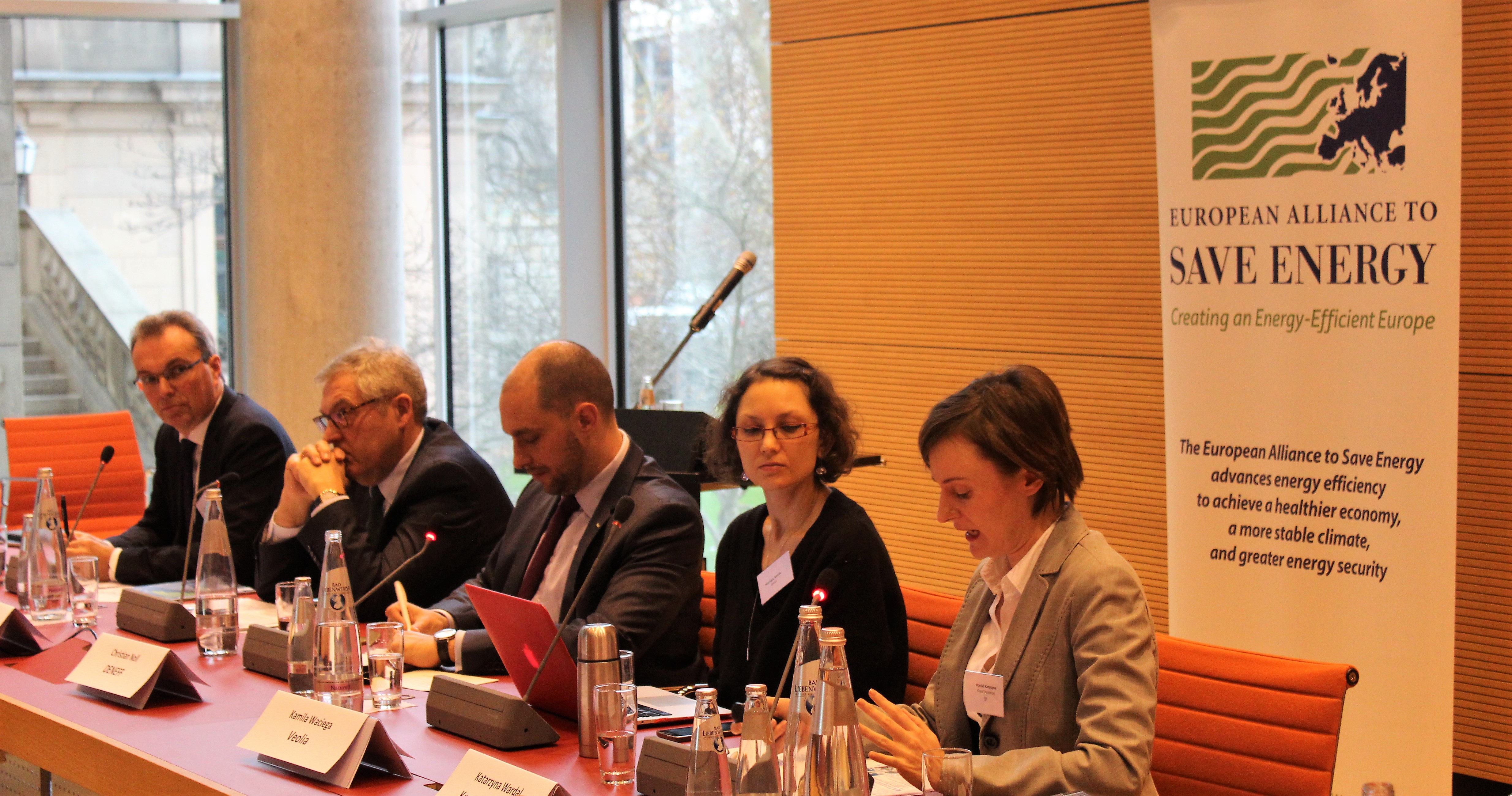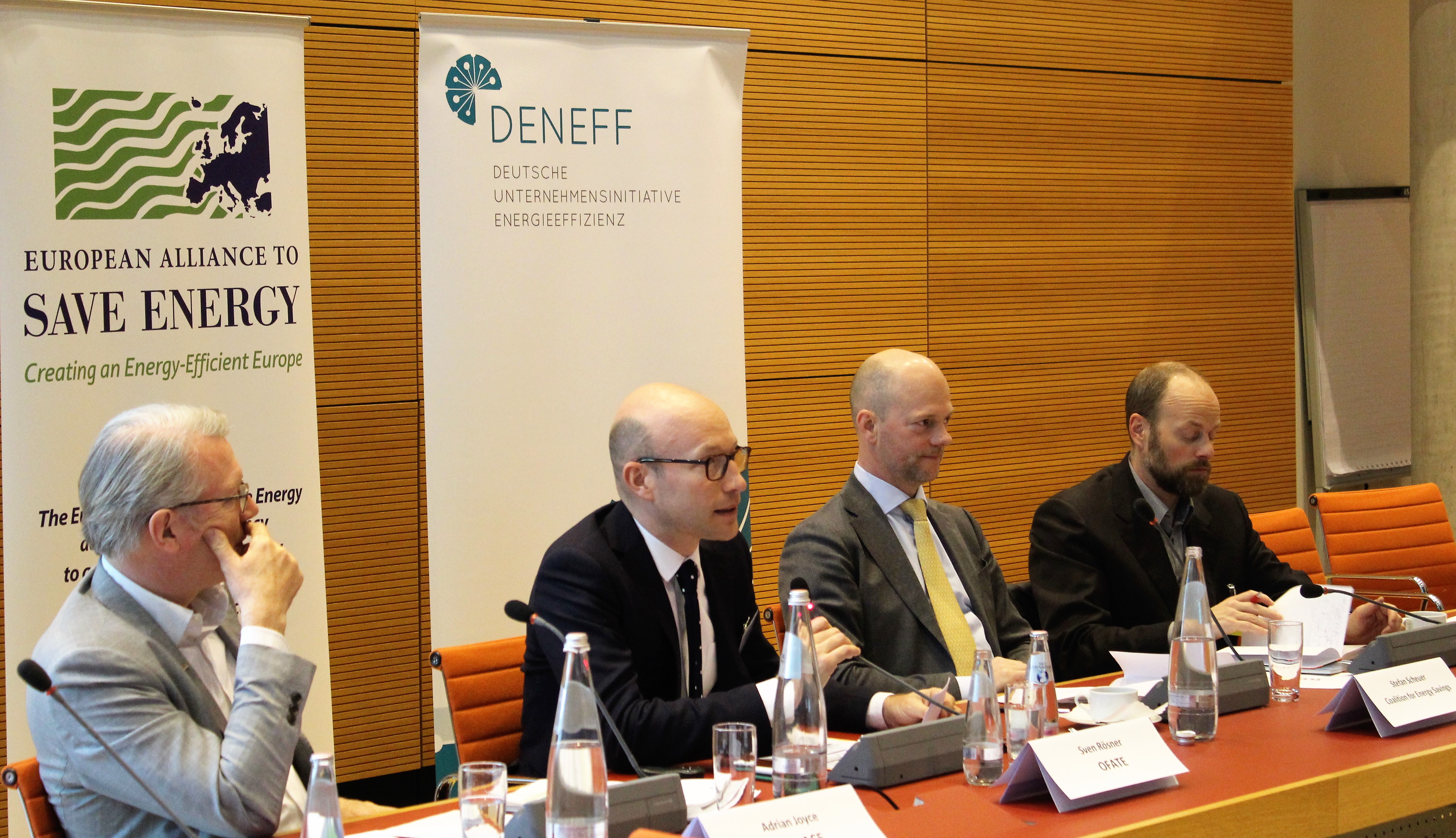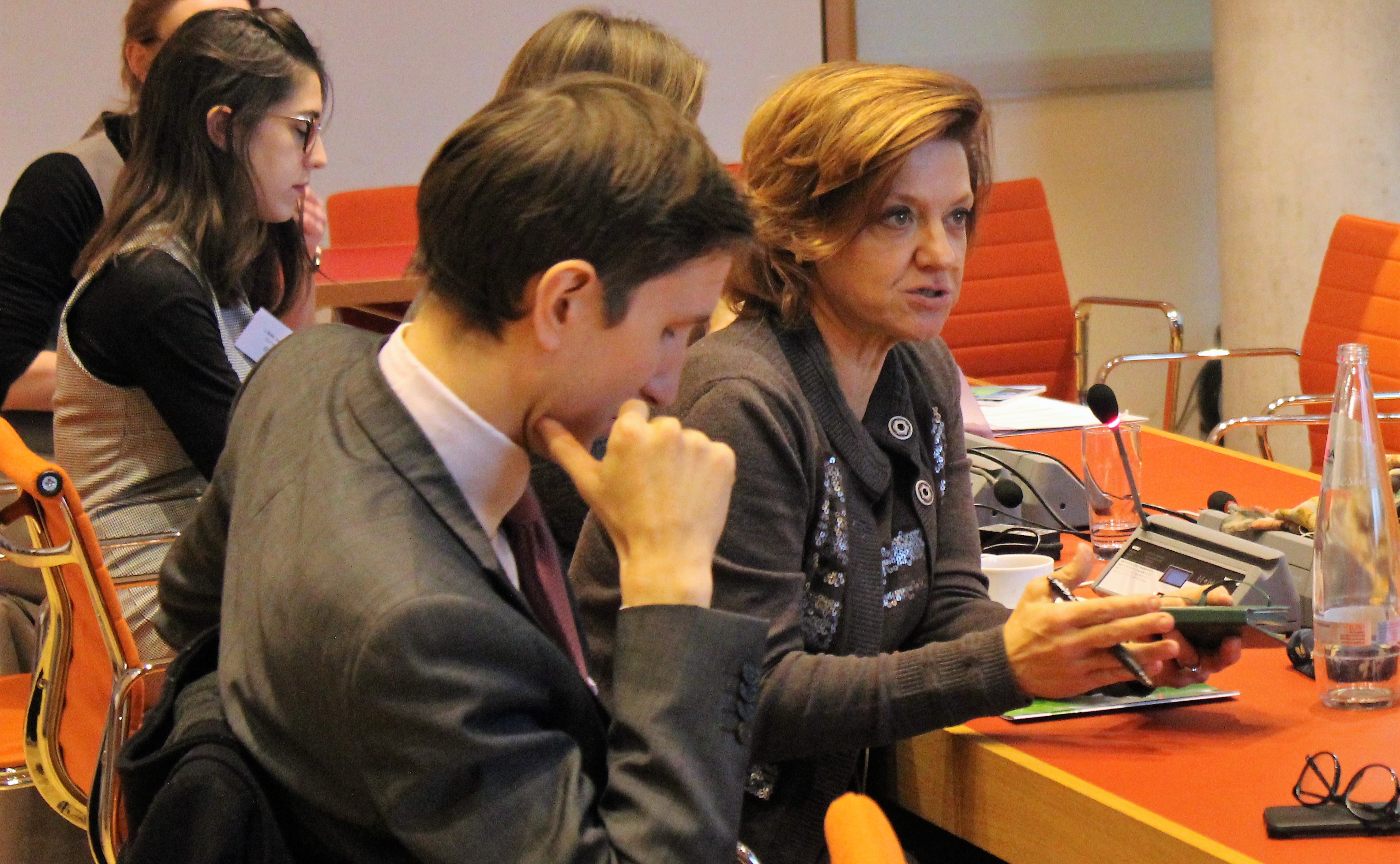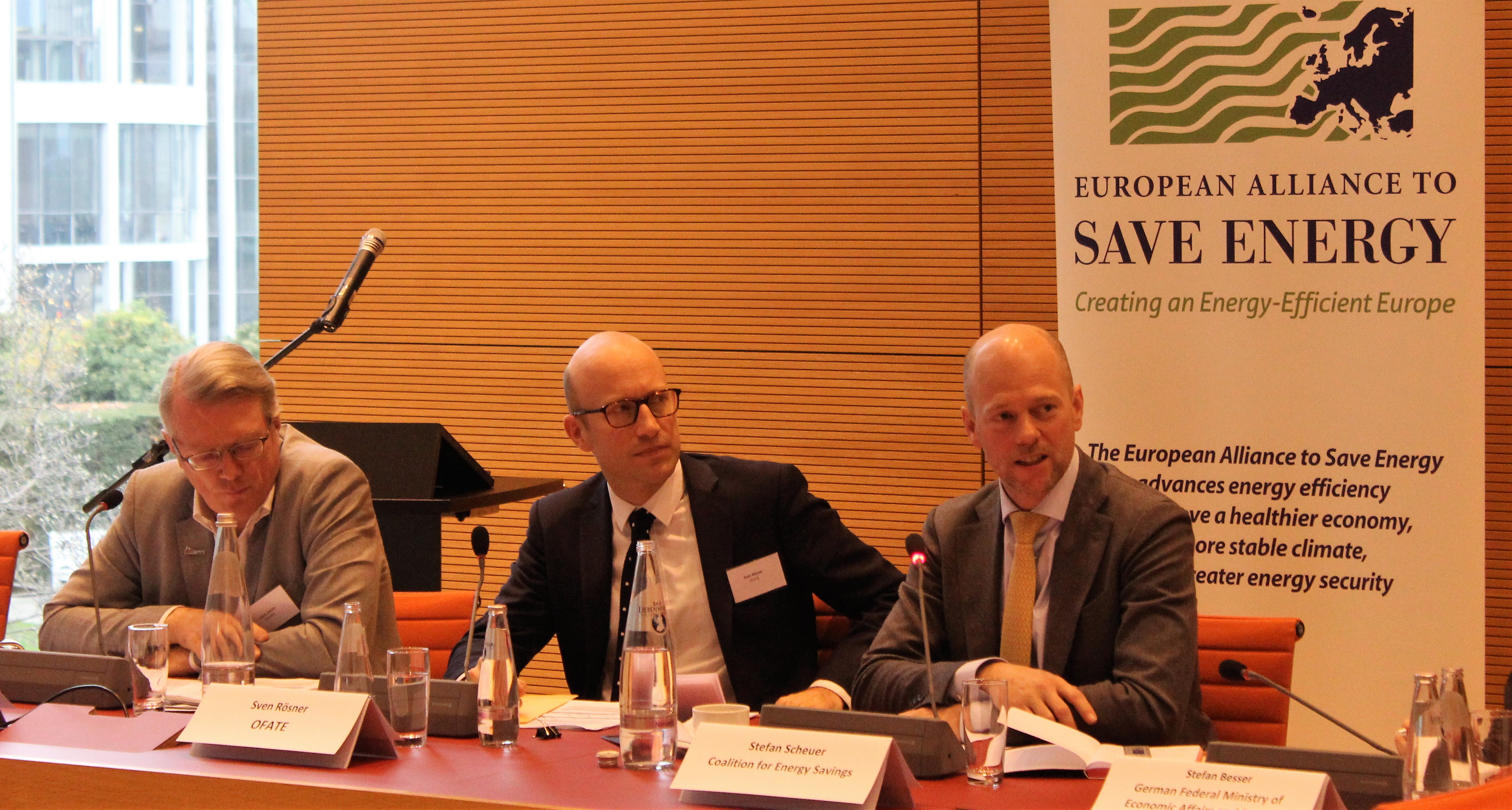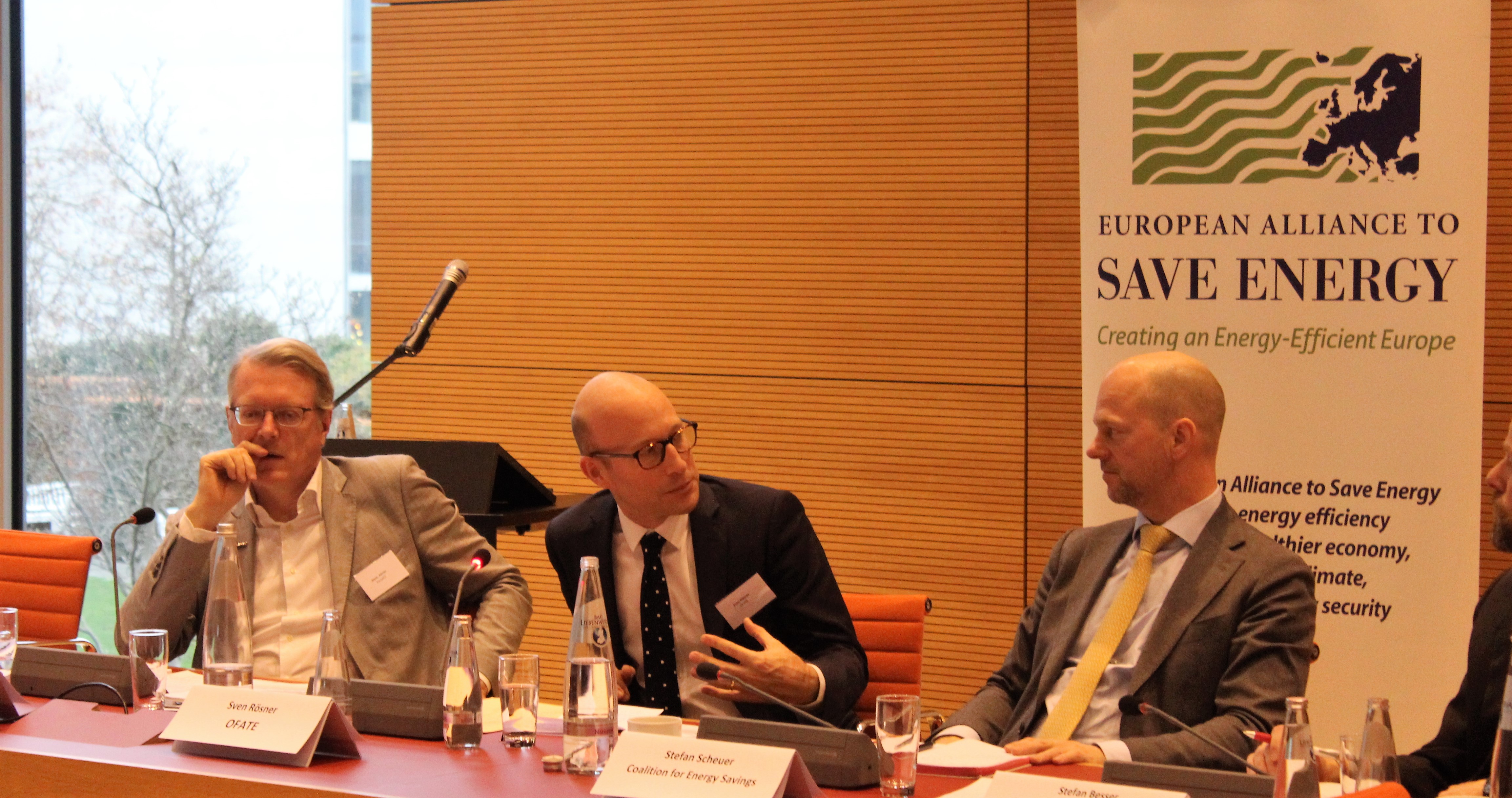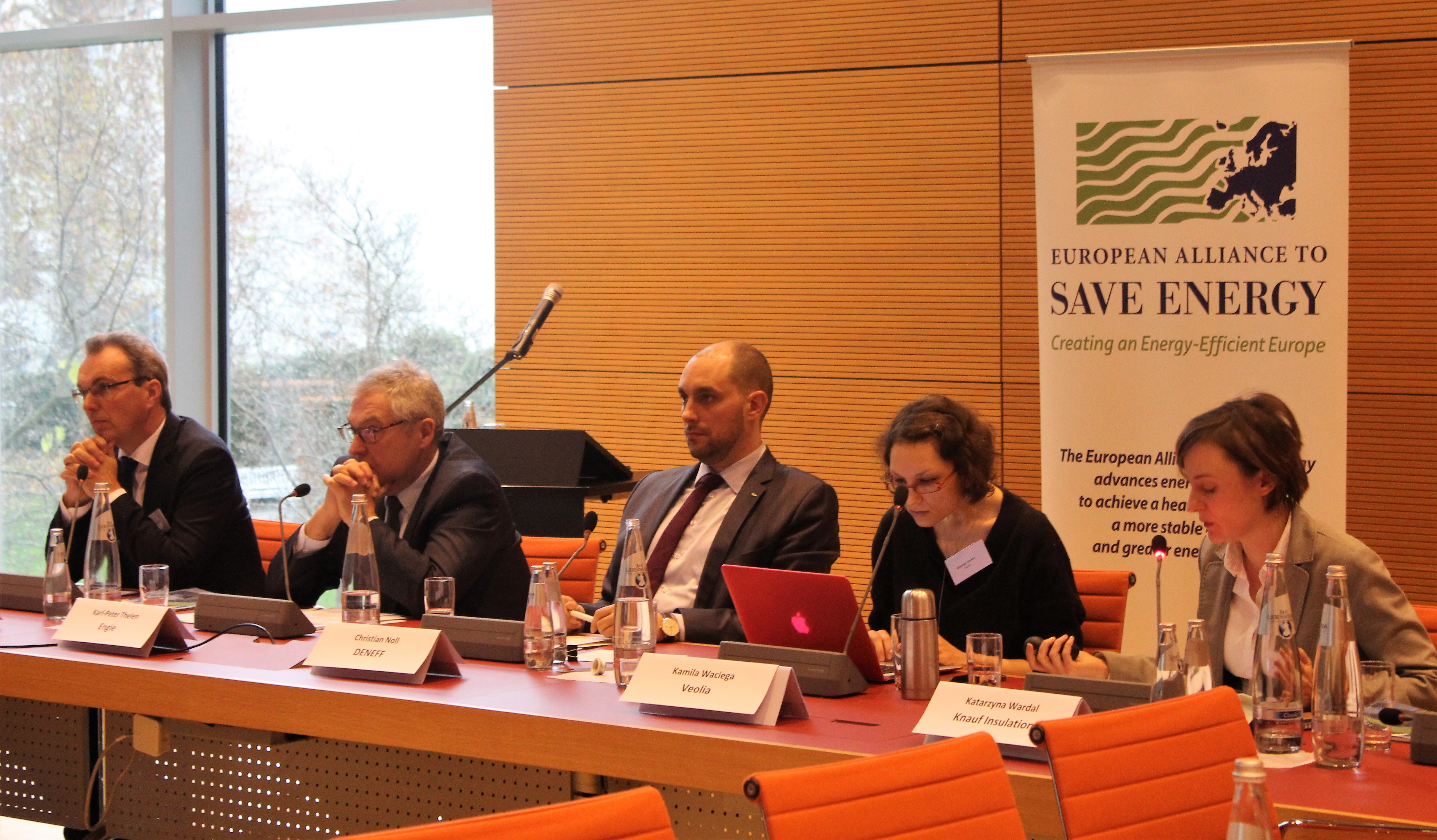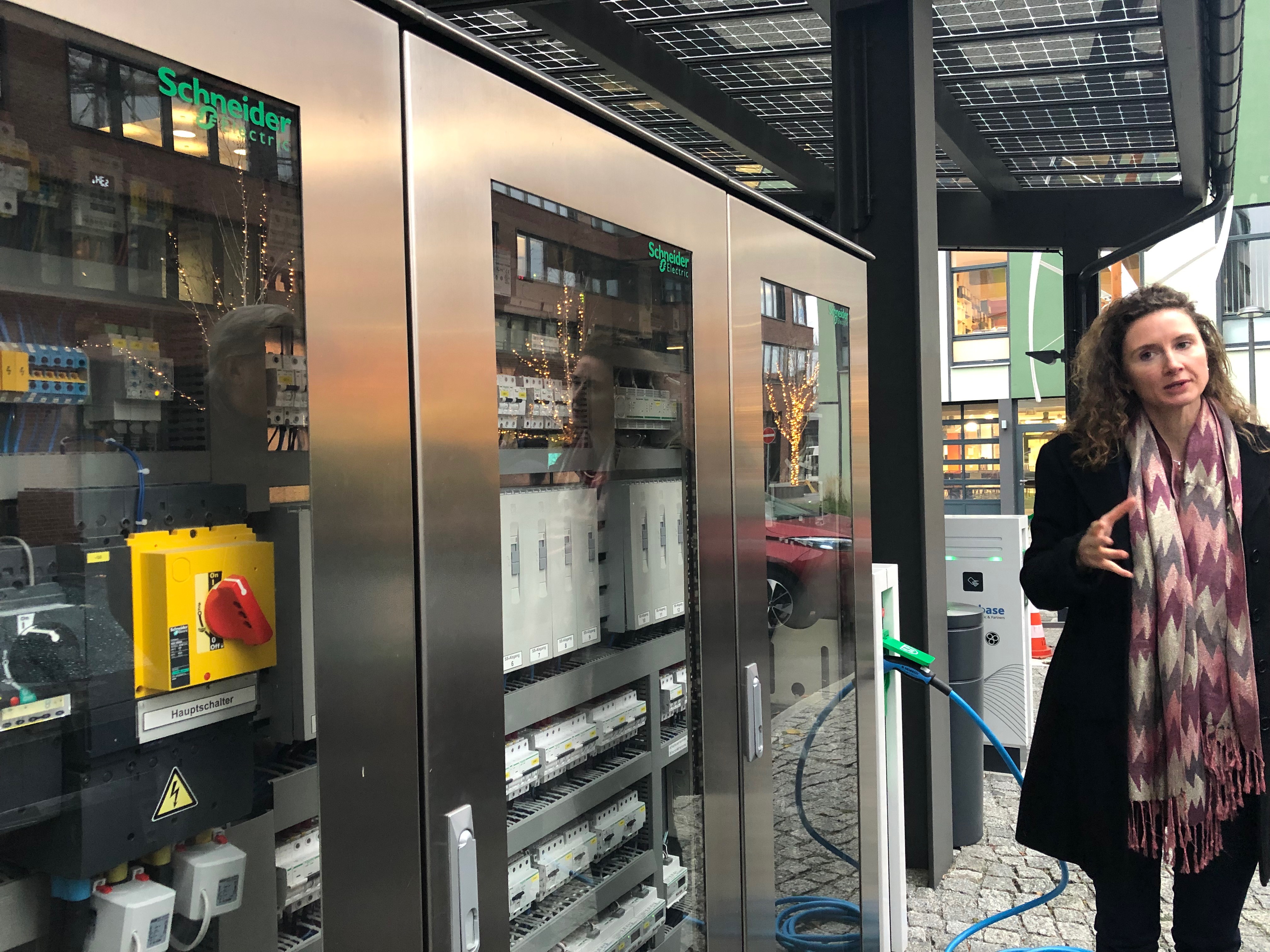EU-ASE, key player at the European Sustainable Energy Week 2019
Held from 18-20 June, EUSEW19 brought together climate and energy experts for an unparalleled policy conference, bringing the energy transition debate to the table once again.
Selected by the European Commission and EASME as Strategic Partner for this year’s edition, the European Alliance to Save Energy played a significant role during the week, organising three different sessions – Sustainable finance for innovation and energy efficiency; Every Drop Counts: The water-energy nexus and its relevance across EU policies; EPC: Delivering real energy savings from EU to local level – and hosting a stand at the Networking Village. The goal? To get across the message that investing in energy efficiency is, indeed, the smartest and most cost-efficient move in order to achieve decarbonisation by 2050 at the latest. On top of this, Monica Frassoni, President of the Alliance, was once again nominated as EUSEW Ambassador, taking part to the debate and giving away one of the Sustainable Energy Awards.
Introduced by Julie Kjestrup, Head of the Danfoss EU Office, the first session focused on the role of sustainable finance to boost investments in innovation and energy efficiency across sectors. After a presentation by Climate Strategy CEO Peter Sweatman, pointing out to the need to scale up investment in R&I to achieve decarbonisation, the event kicked off with a first all-female panel moderated by Sandrine Dixson-Declève, Senior Advisor at E3G and EIT-ClimateKic. Over a lively discussion, participants –Adèle Naudy-Chambaud, EU Public Affairs Manager at Schneider Electric; Diana Barglazan, Policy Officer for Energy Efficiency at DG ENER; and Ingrid Holmes, Head of Policy and Advocacy at Hermes Investment Management – addressed both the private and public instruments already available for directing capital to investment. With stellar moderation by Helen Spence-Jackson, from EIT-ClimateKIC, the second panel also featured a private-public mix of speakers, this time focusing on existing barriers to investments and how to tackle them. Barry Lynham, Managing Director at Knauf Energy Solutions, highlighted that the first step to take would be for “energy efficiency to stop focusing on barriers, as it only means great opportunity”.
The session –co-organised with EU-ASE member European Climate Foundation– was closed by Monica Frassoni, who underlined that we do indeed need technology, but also societal organization, strong regulation, and much more urgent action on climate. “Energy efficiency is one element of a bigger system of which we are all elements, so we better do it together”, she said.

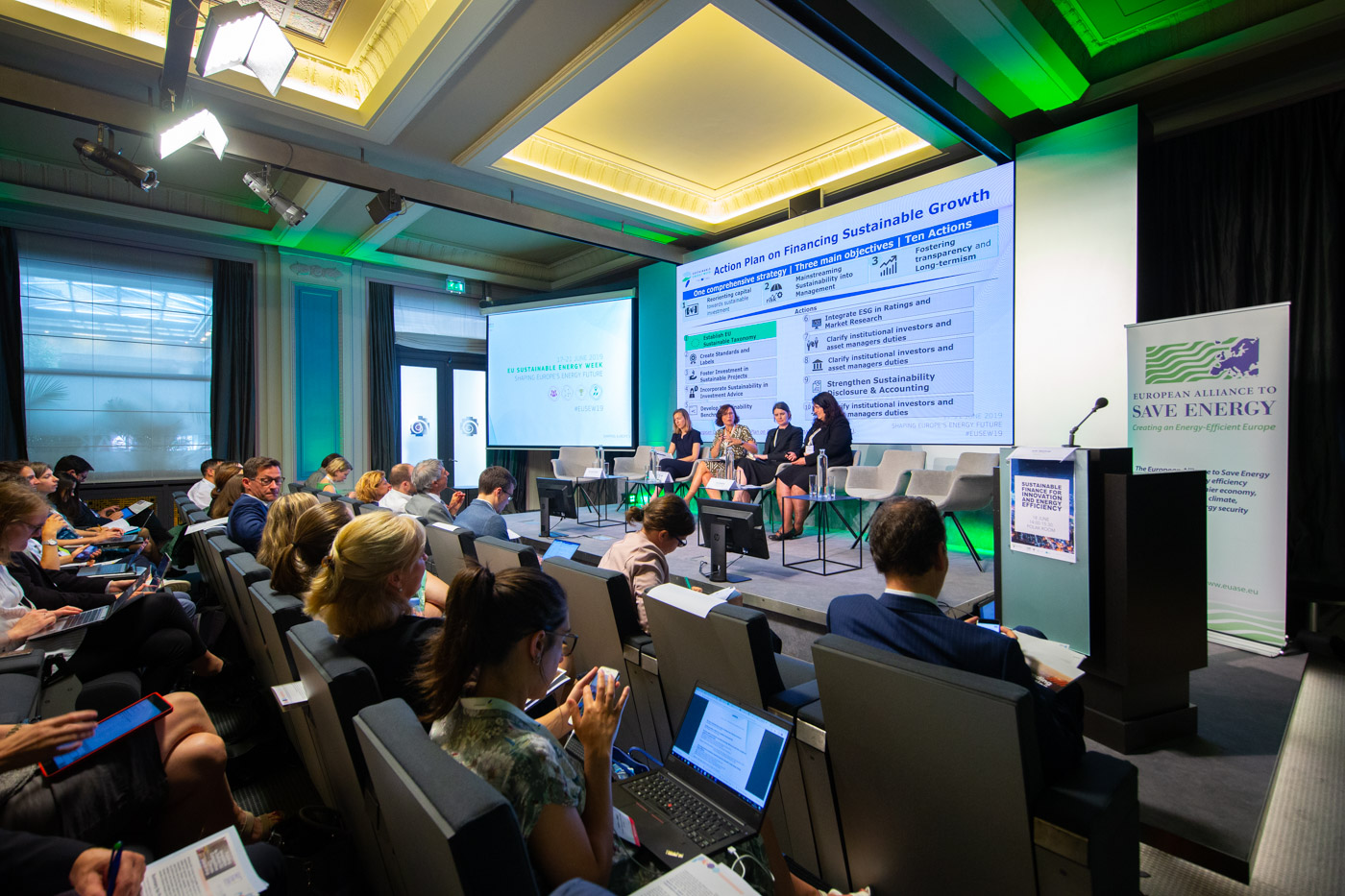
The second session of the day, jointly organized with the European Commission’s Joint Research Centre, focused on the link between water and energy. Despite being inextricably interconnected, water and energy policies do not account for each other. As a result, both scarce resources are wasted, keeping the EU away from fulfilling its climate and energy targets and contributing to fighting the climate crisis. Chaired by Maive Rute, Deputy Director-General of the JRC, and Monica Frassoni, the discussion confronted industry proposals with policy-makers views. Daniel Calleja Crespo, Director-General of DG ENVI, highlighted the impossibility of delivering any policy related to water without a comprehensive approach that includes the water-energy nexus. Industry members –including Jure Sumi, Business Development Director at Knauf Insulation; Simon Goldschmidt, Chief Commercial Officer at Orbital Systems; and David Martin, Vice President of Government Relations at Nalco Water– pointed out the many already available existing solutions for preventing the waste of energy and water, like green roofs, smart systems for the management of leakages, or domestic sector solutions applying circular economy principles, such as Orbital System’s efficient shower. The event was an opportunity to present EU-ASE’s most recent paper on the energy-water nexus.
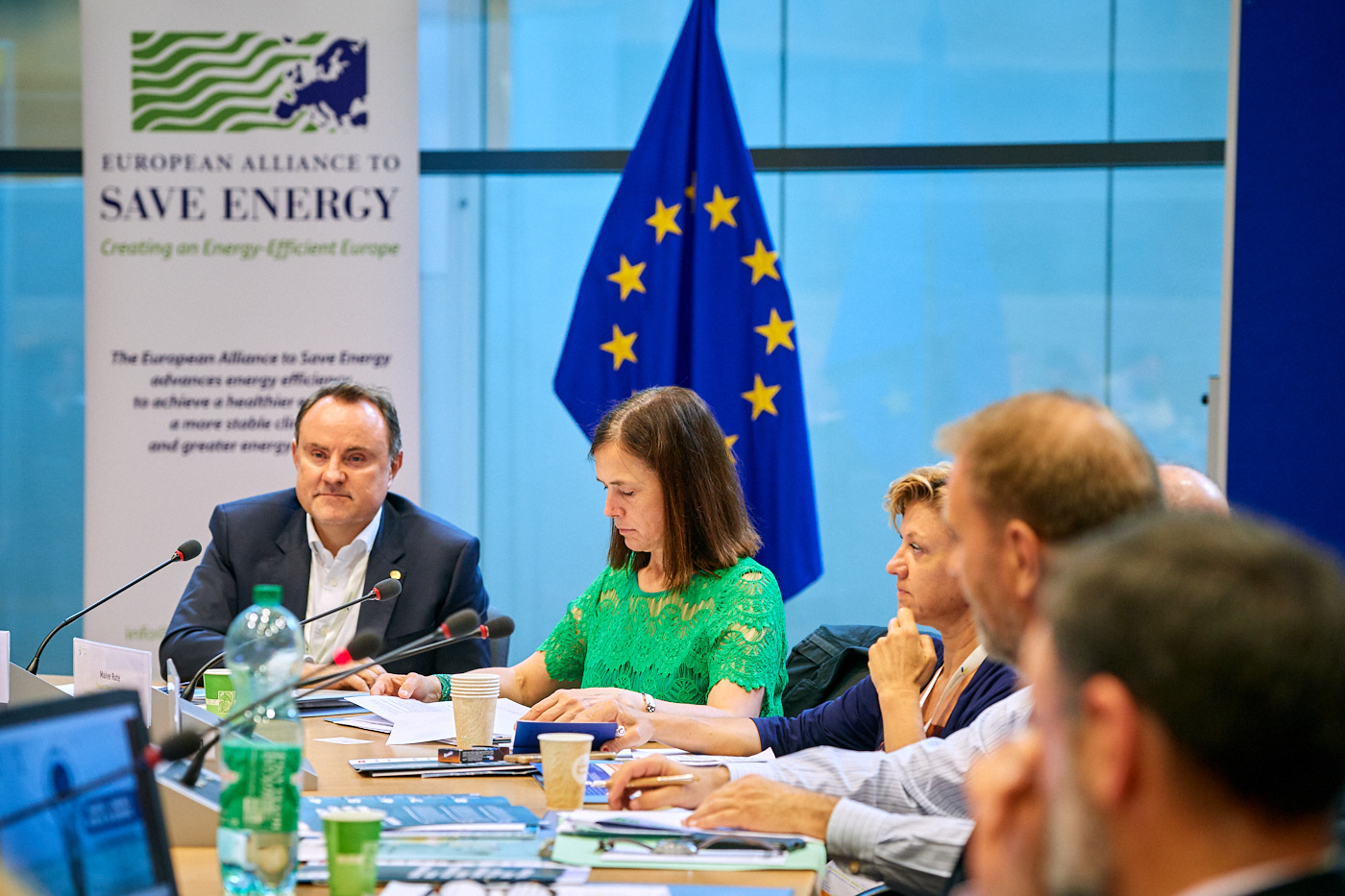
The second day of EUSEW19 kept us a busy in the Networking Village. From our stand, we presented the energy efficiency success stories of our members, tangible examples of energy efficiency real solutions across sectors that delivered both tangible and intangible benefits.
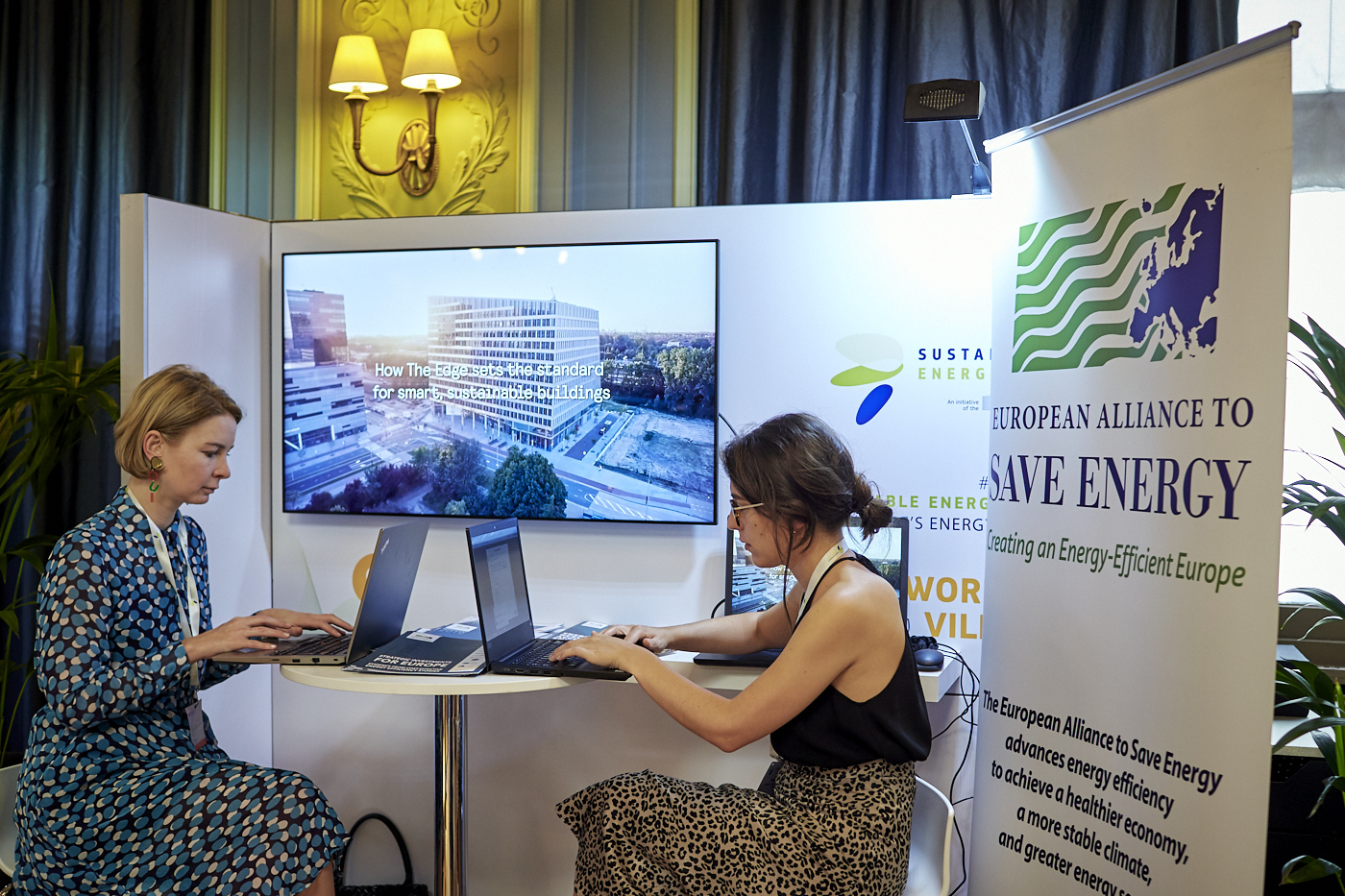
We closed EUSEW with a final discussion on EPCs, co-organised with EFIEES, eu.esco, EVO, and Stepping Project. The session shed some light on the main barriers both public and private sectors face in relation to the tool –lack of information, wrong perception of the risks associated to them, or limited internal capacity in public authorities– while also proposing new financing schemes and solutions to address them, such as an innovative instrument designed by Slovak Investment Holding that takes the burden off both the esco, and the public building. Katarzyna Wardal, EU Public Affairs Manager at Knauf Insulation, pointed out to the need of technical assistance coming from a proper regulatory framework to cover up for the lack of capacity in public authorities, suggesting cohesion funds as an optimal tool to do so.
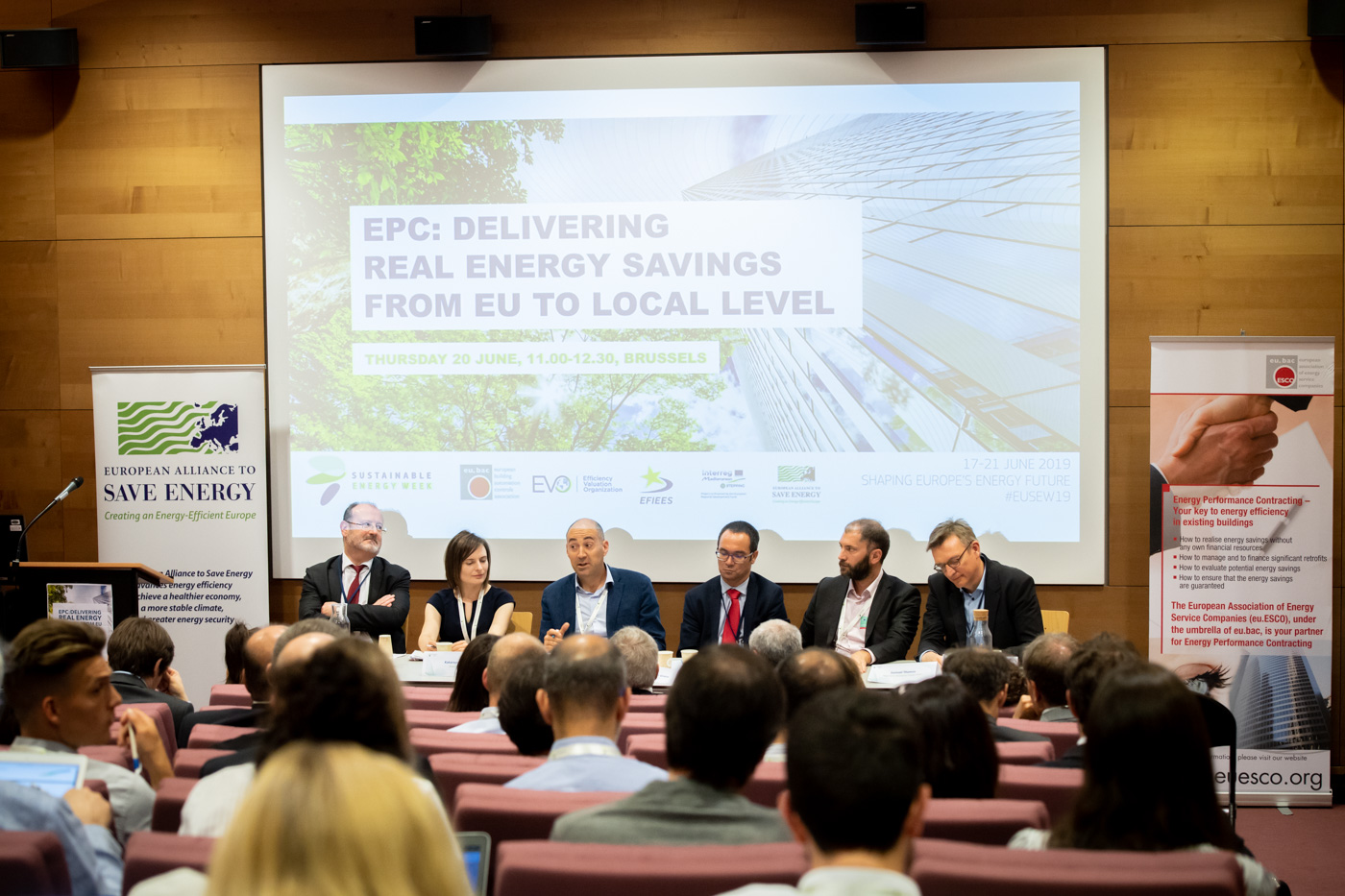
With its persistence presence over the three days of the policy conference, this year’s EUSEW has further proven that EU-ASE is the leading voice of energy efficiency in the European Union.
Did you miss it? Re-play the sessions here.

